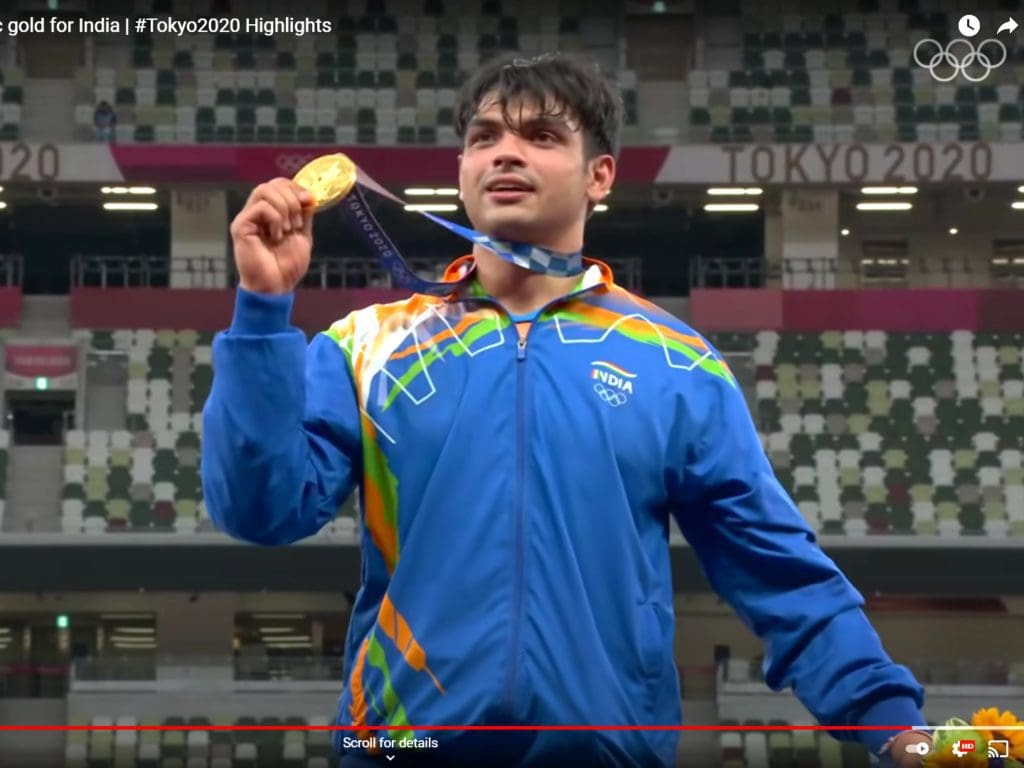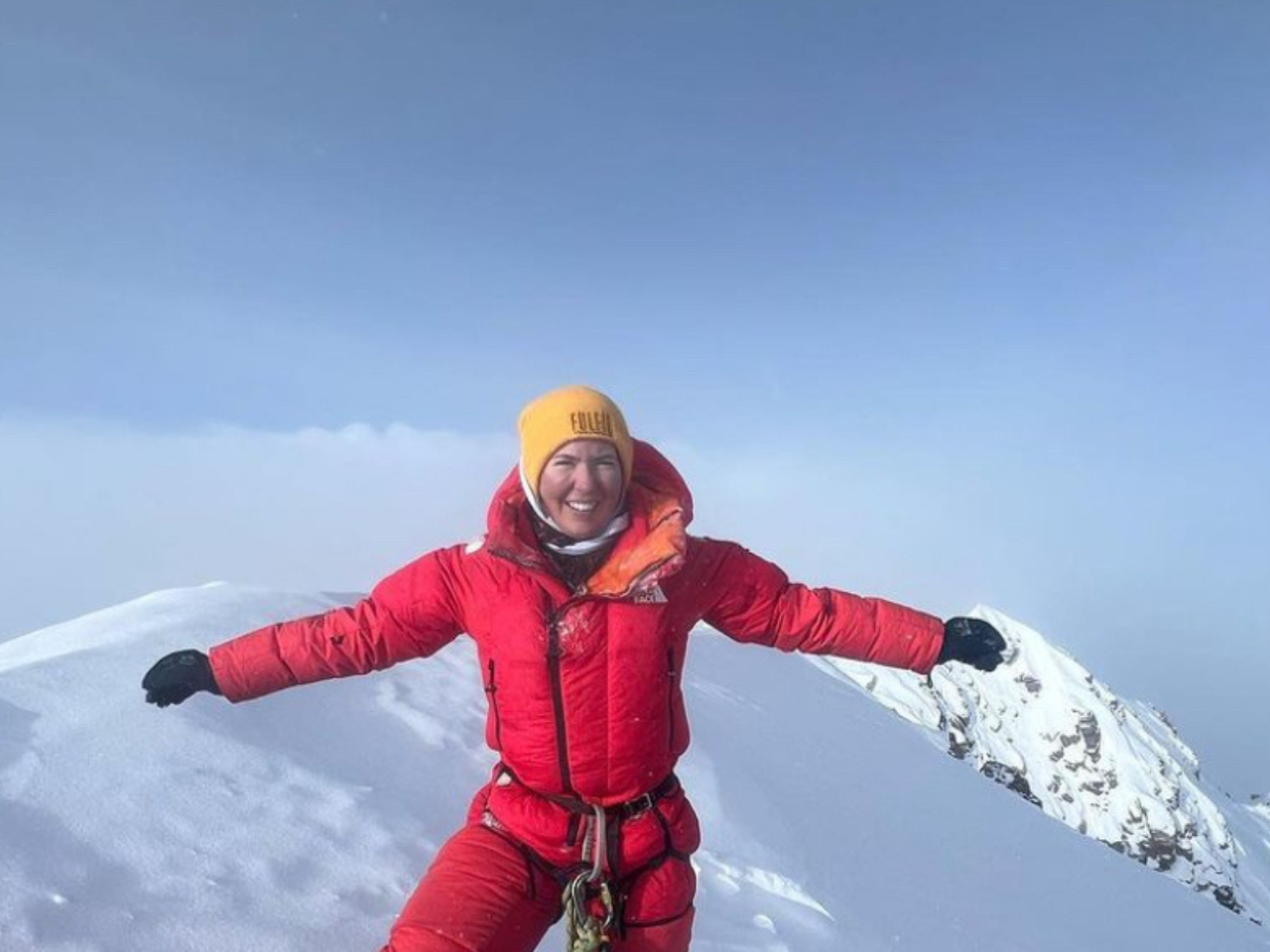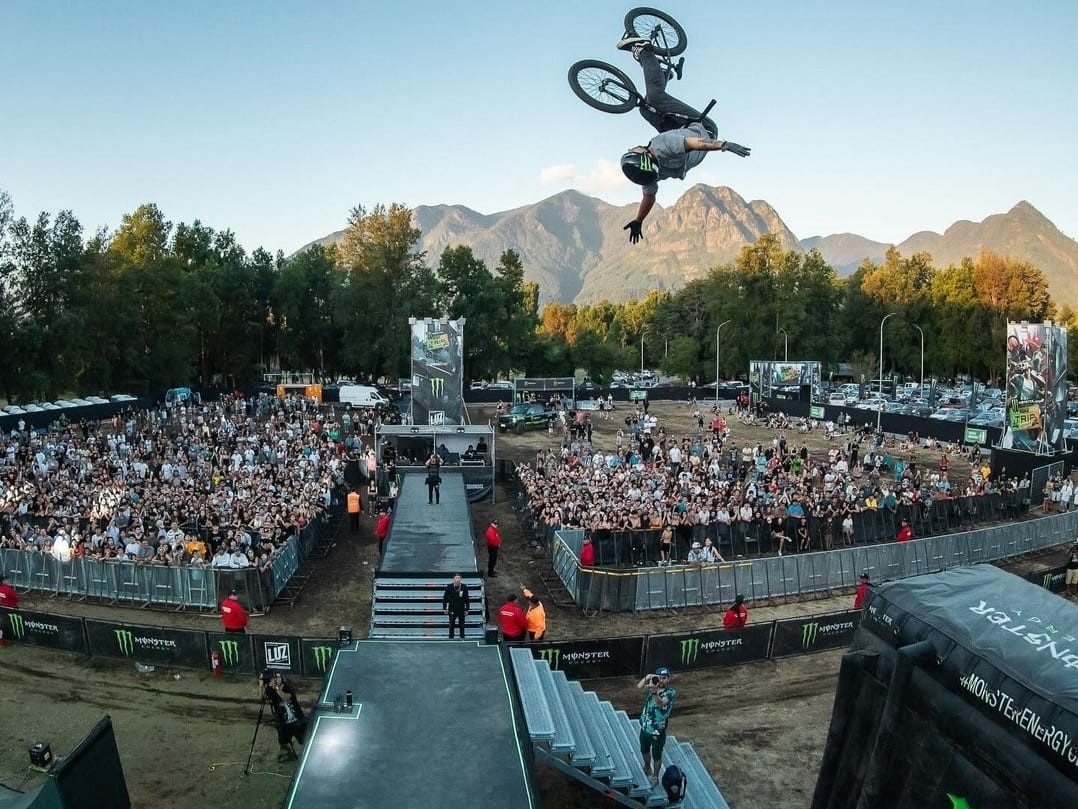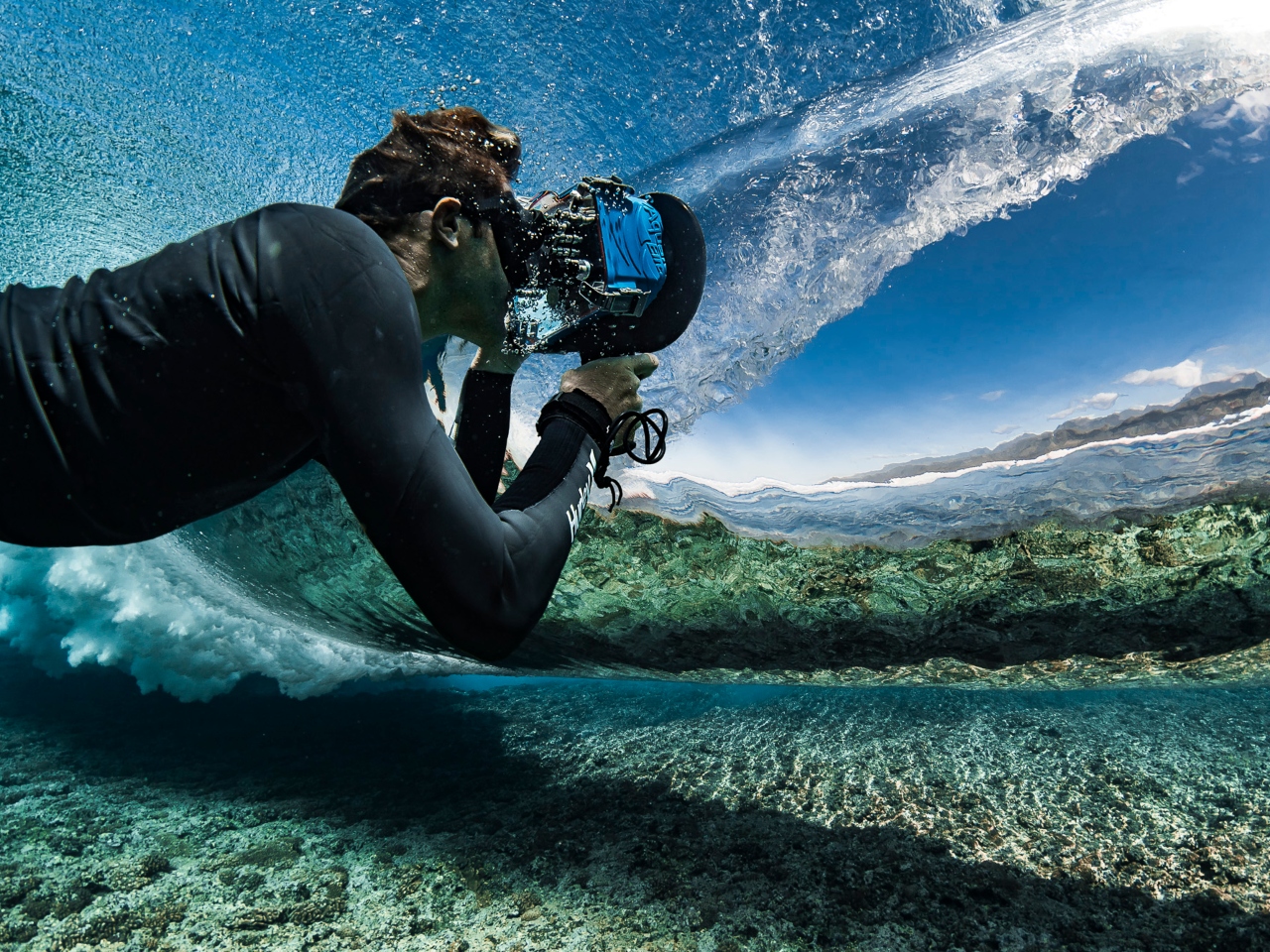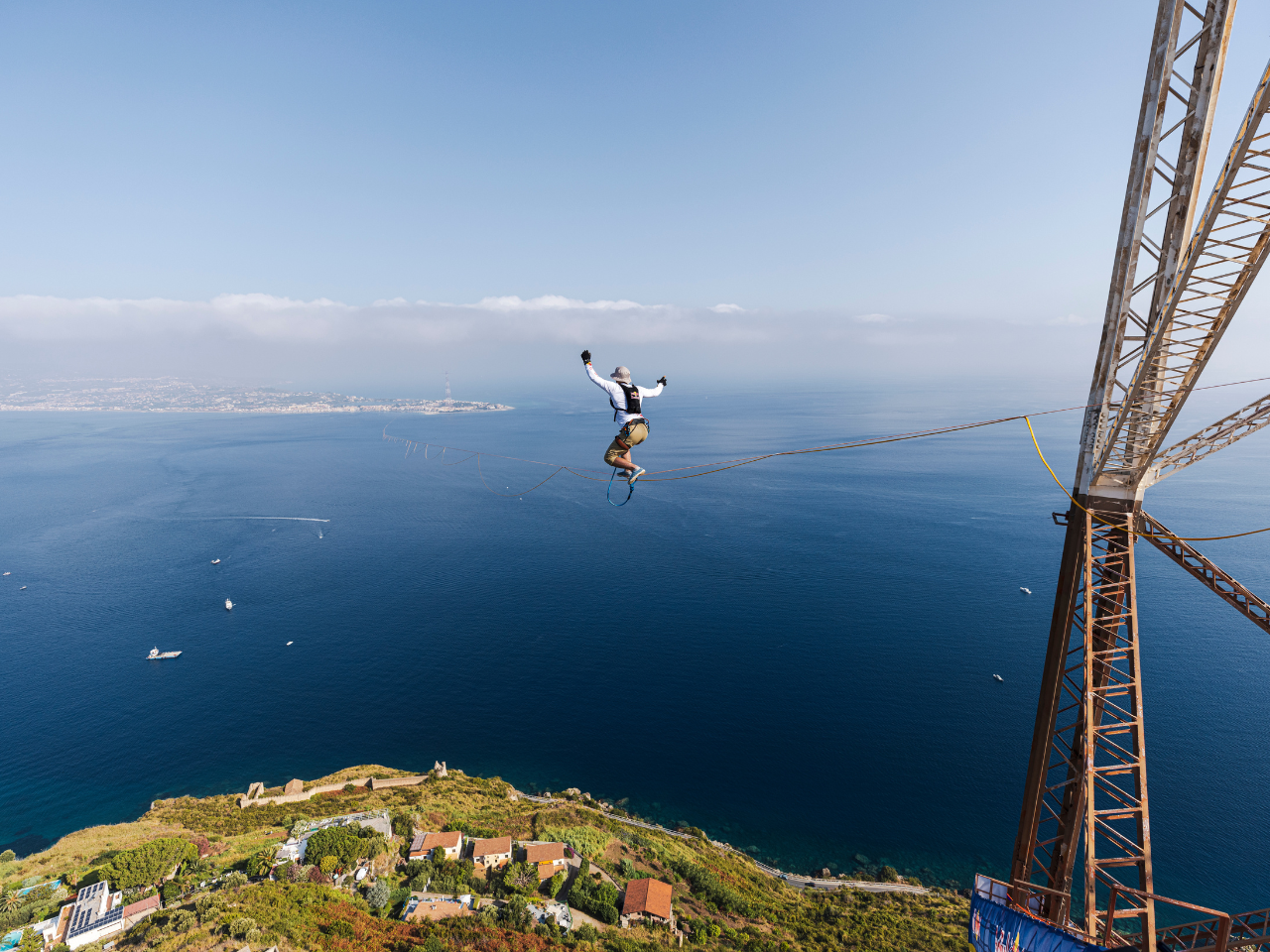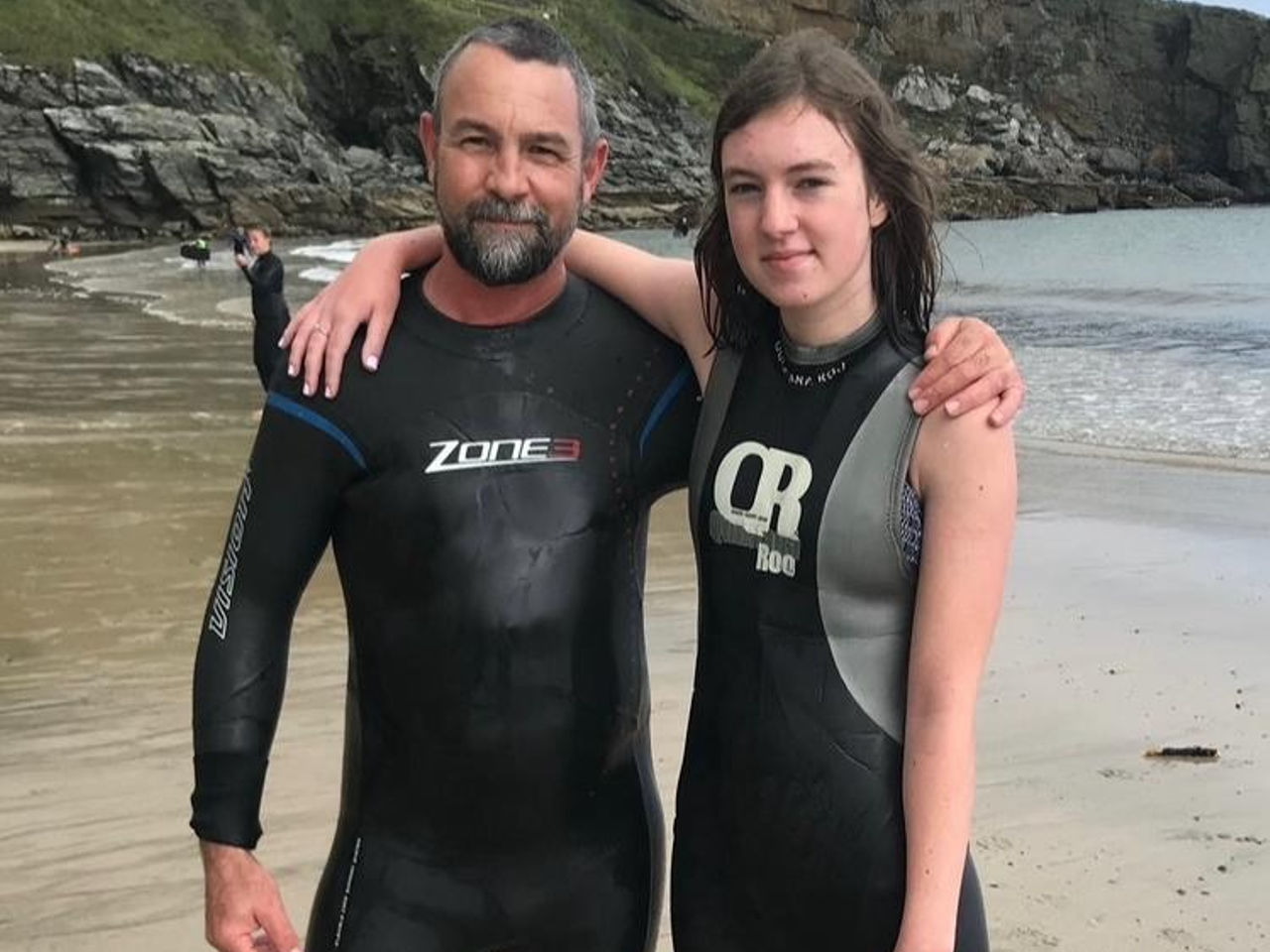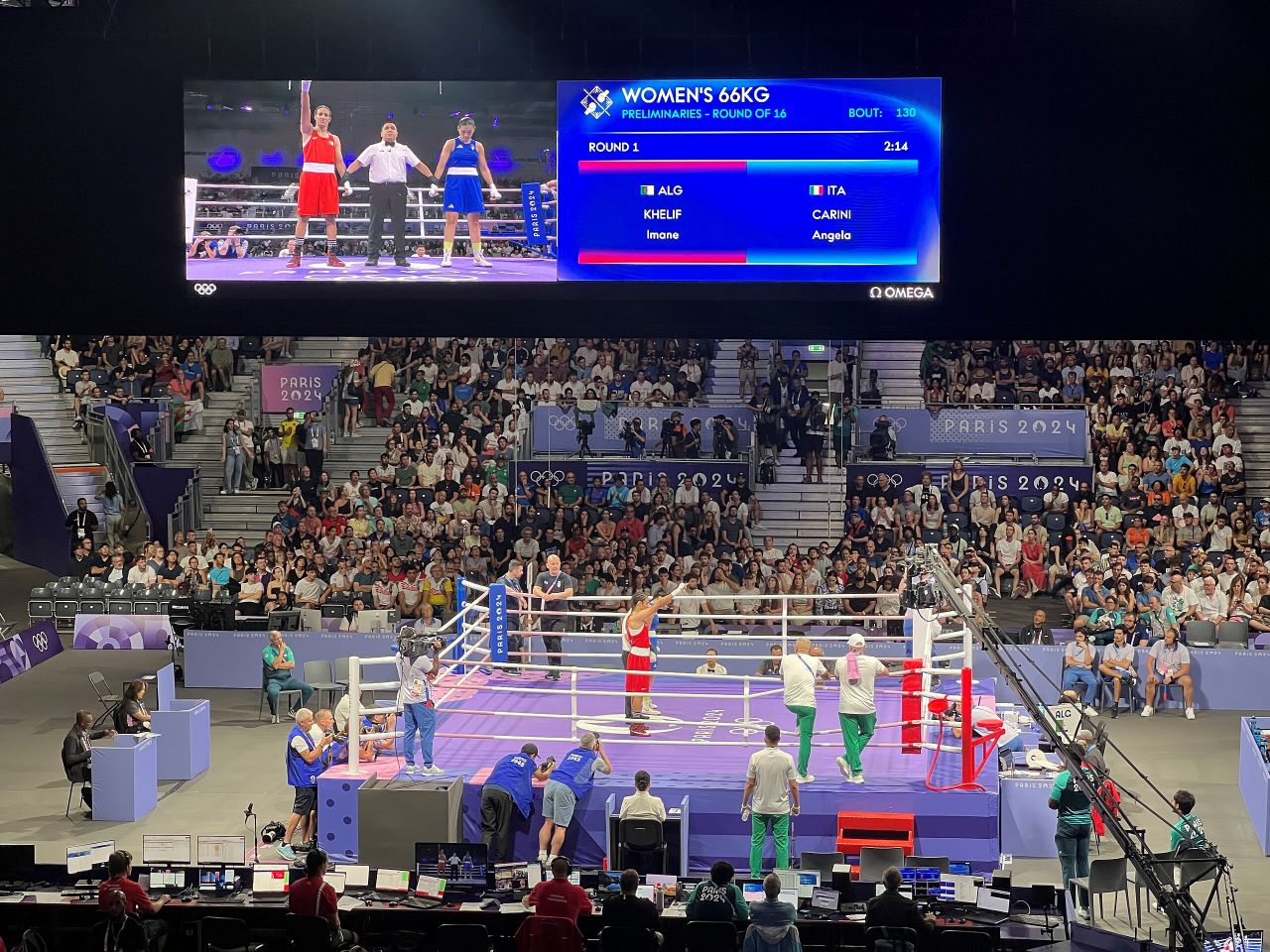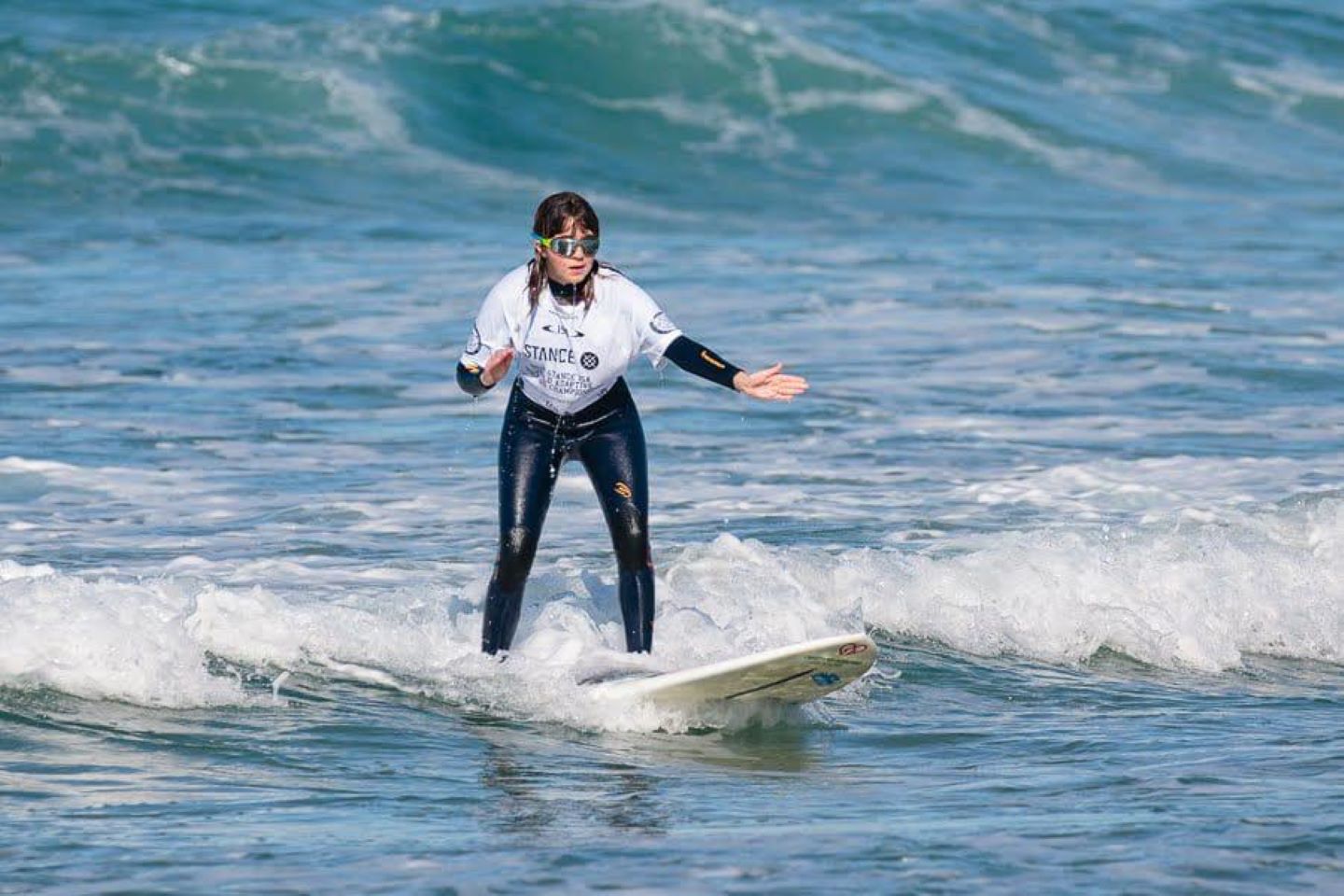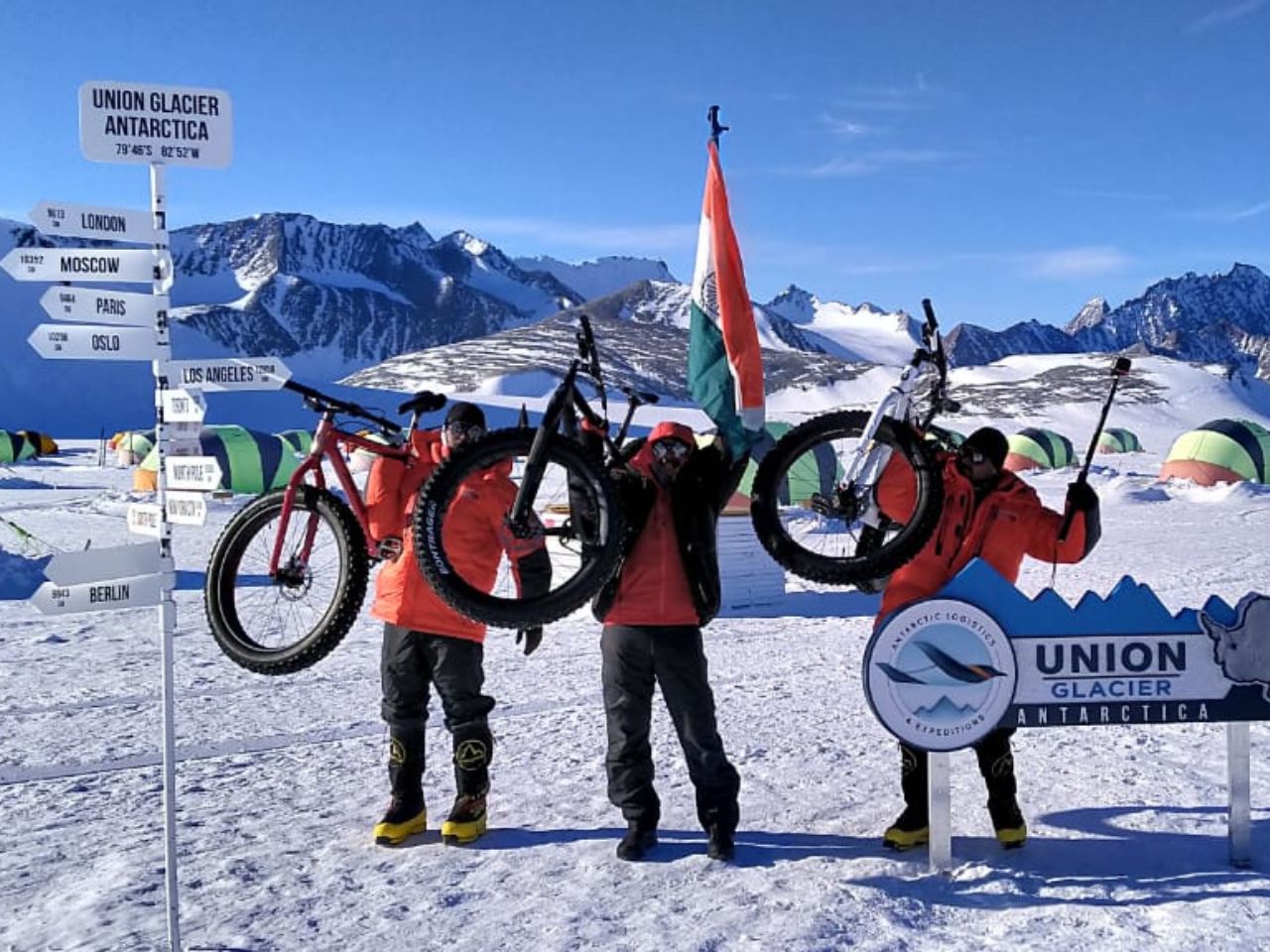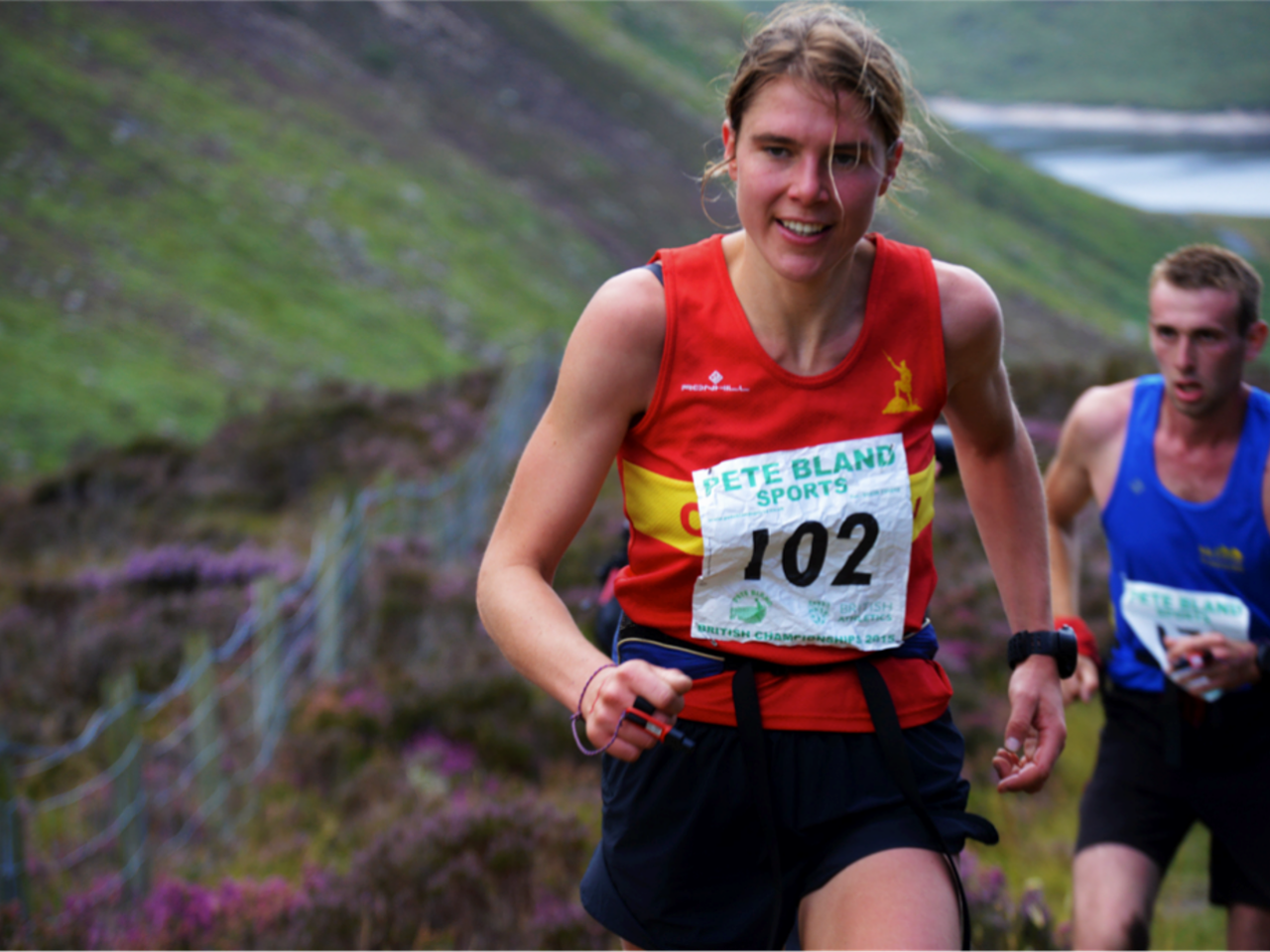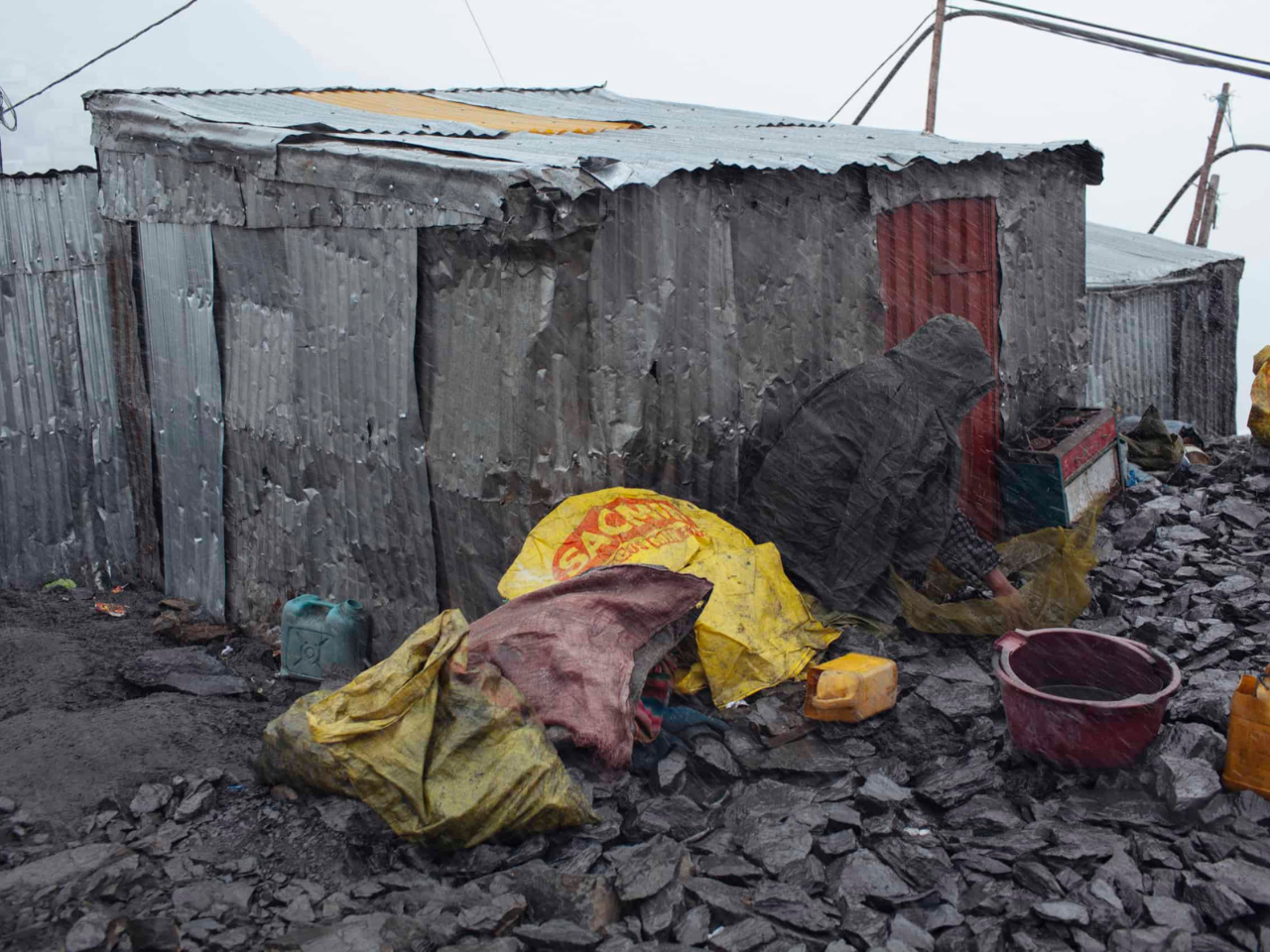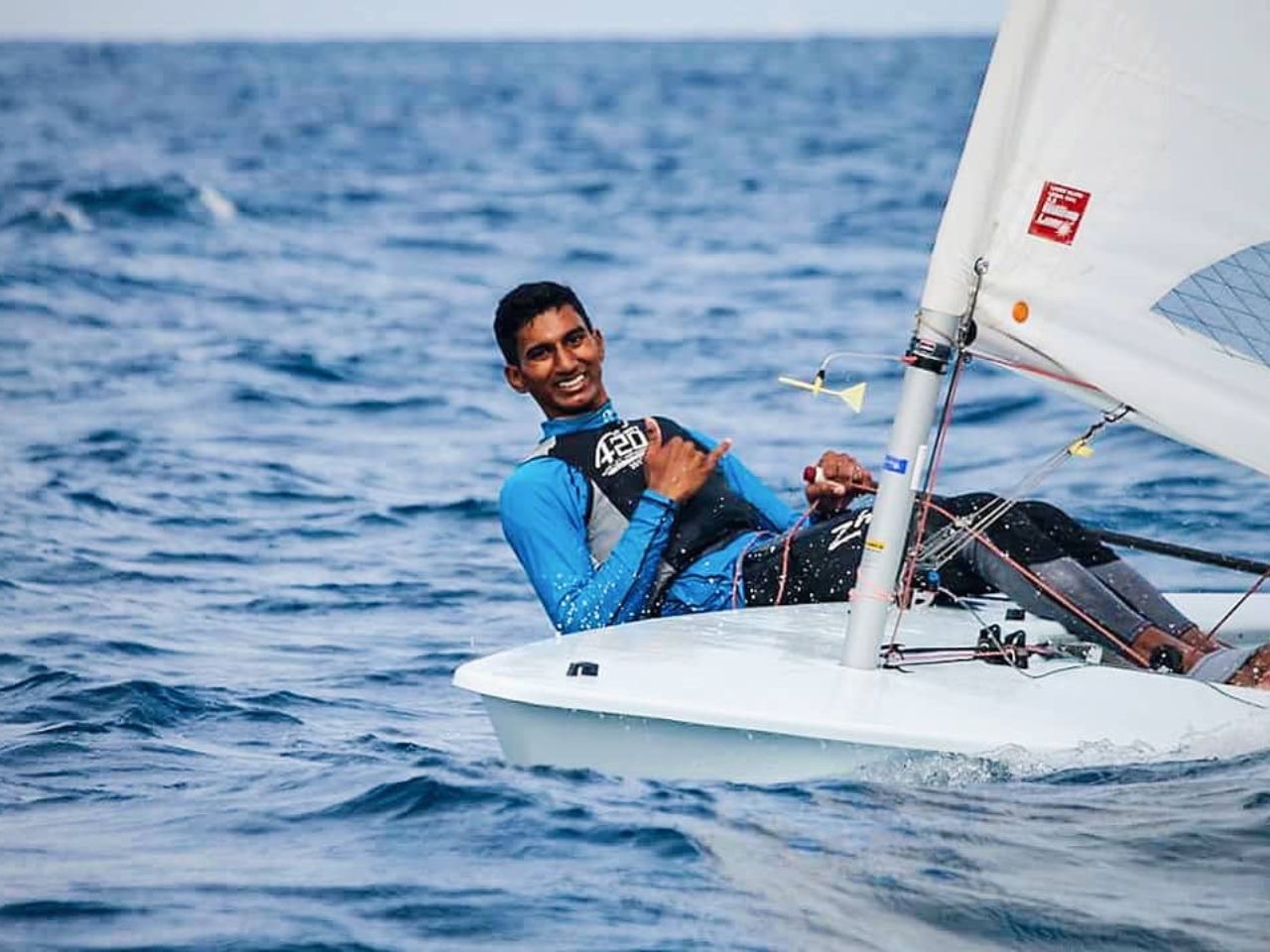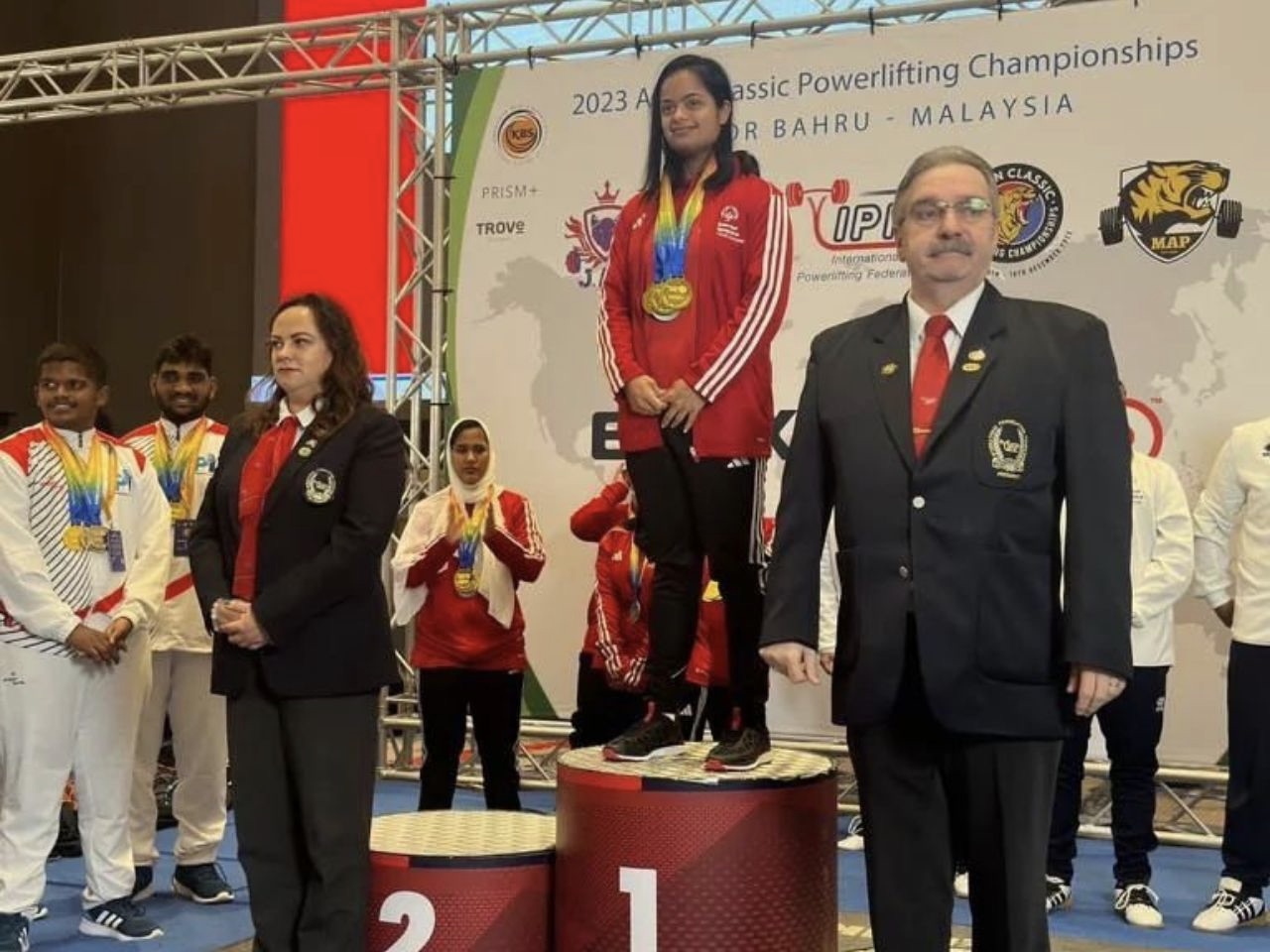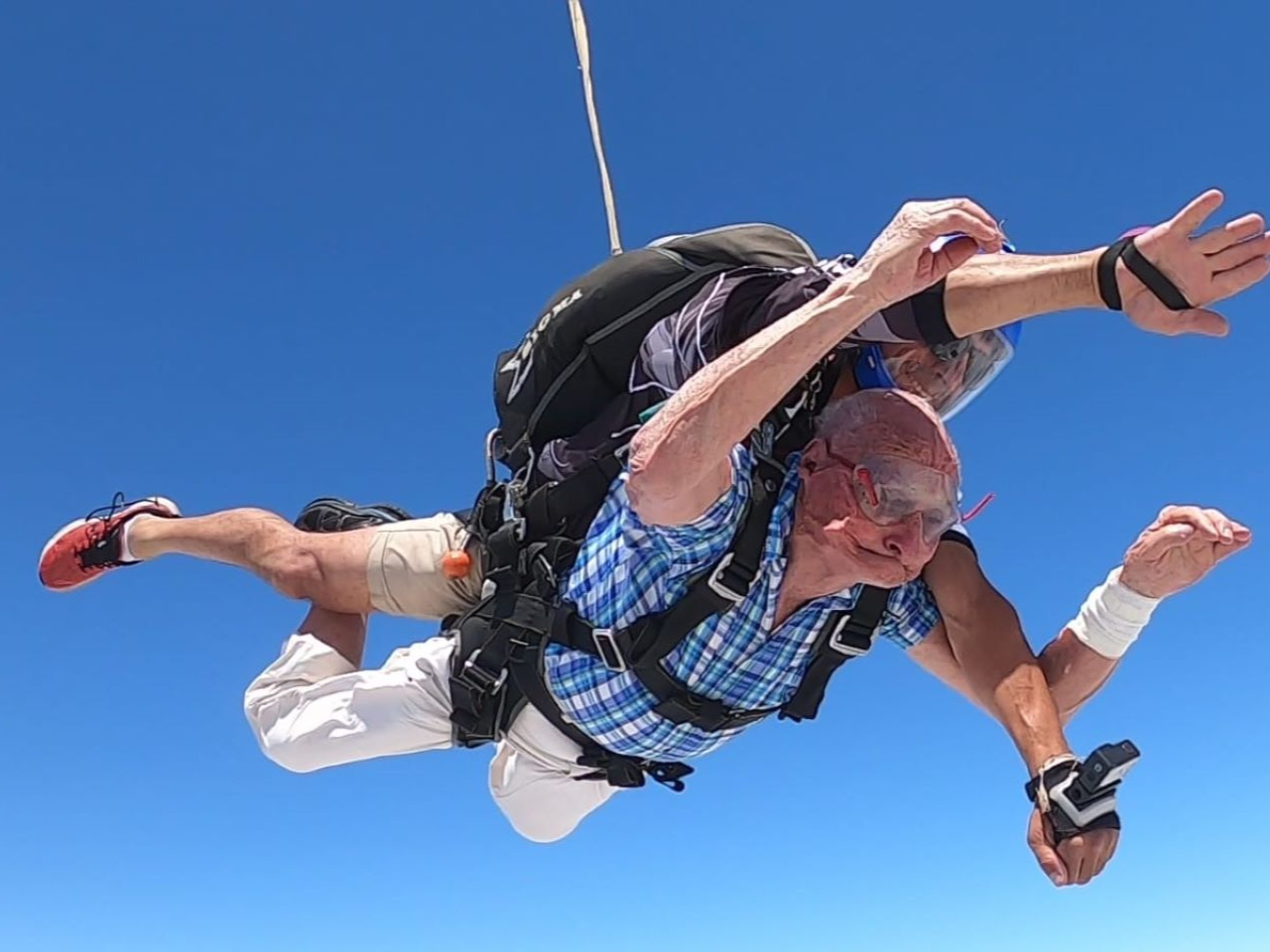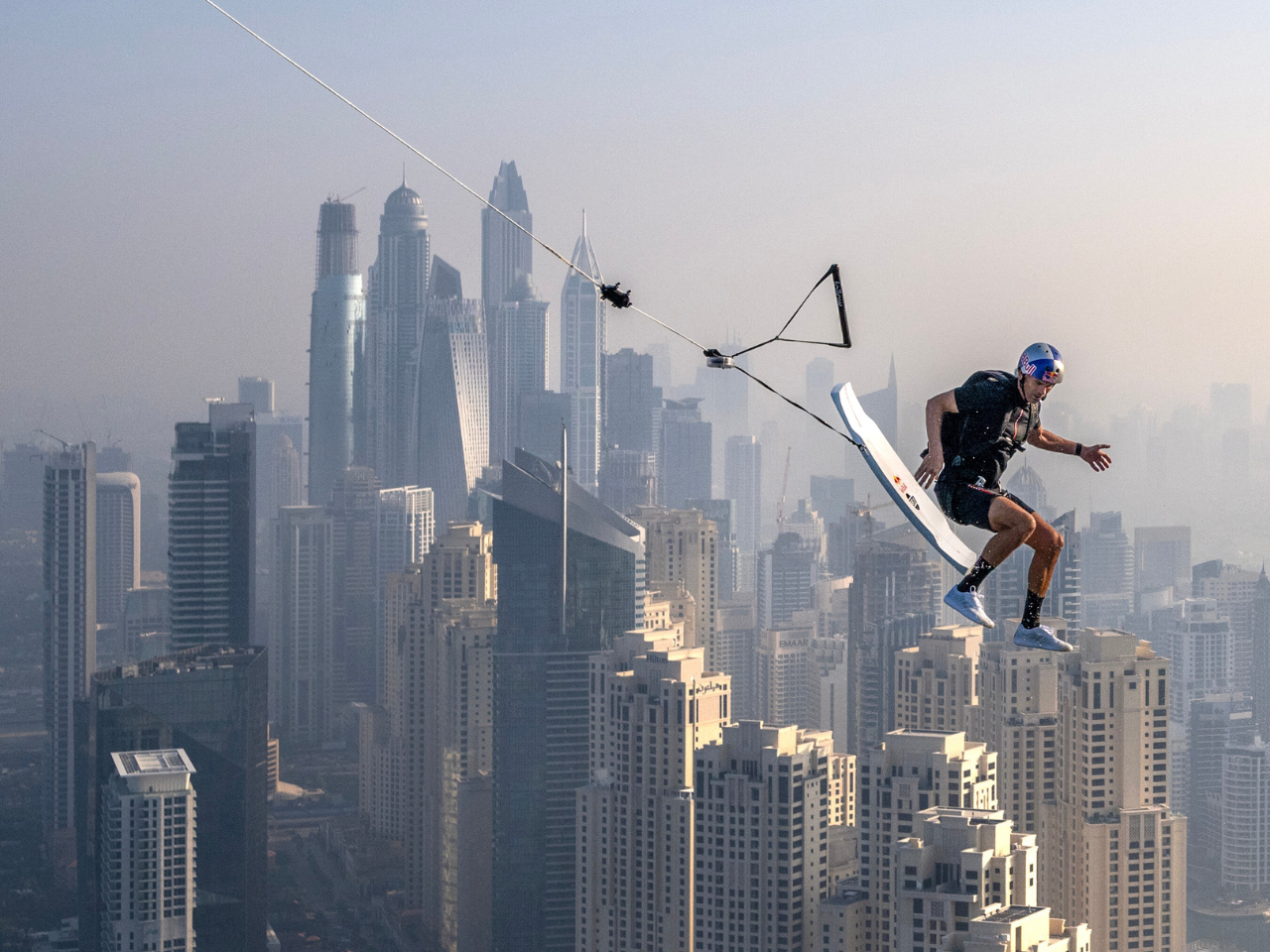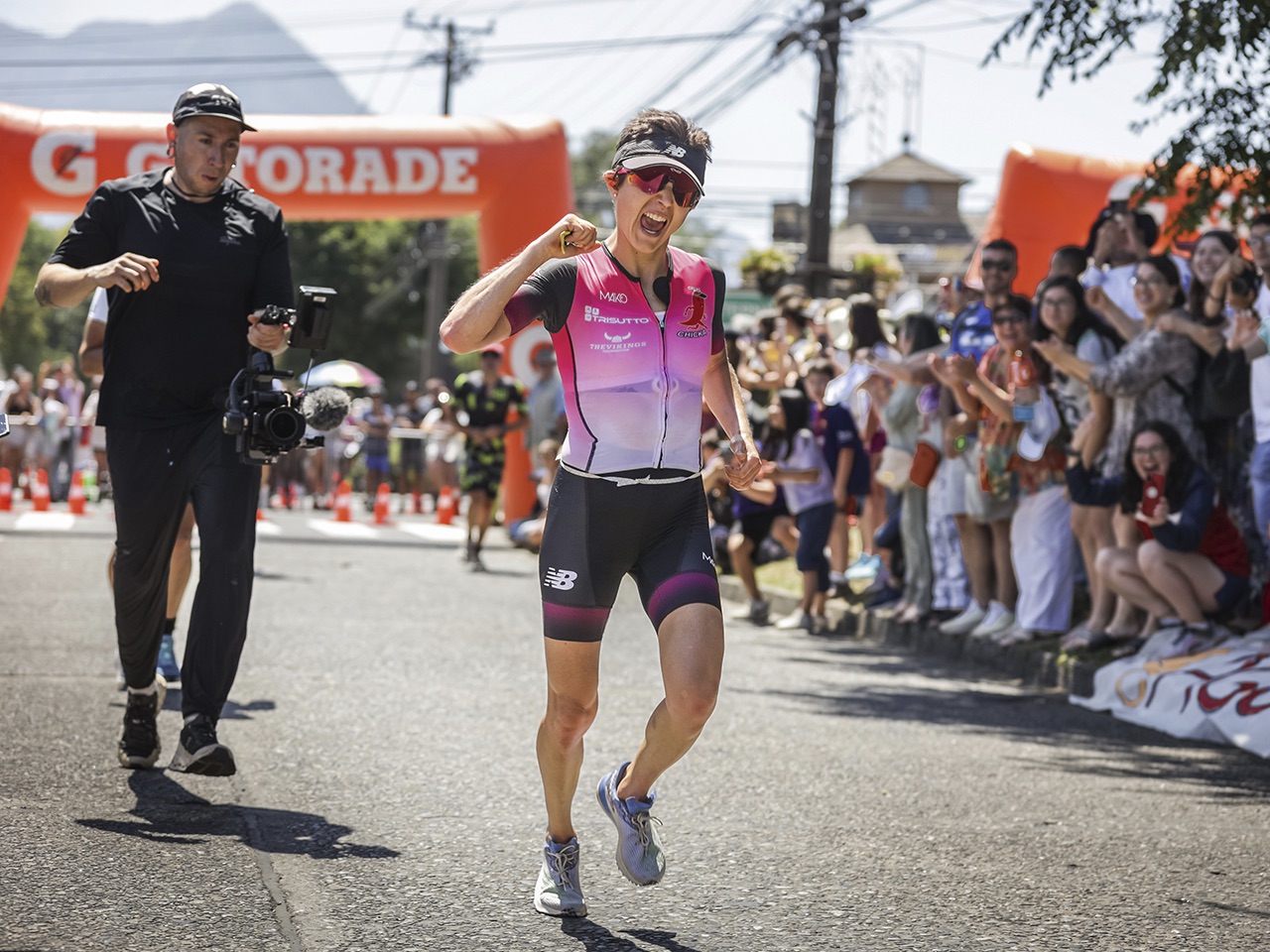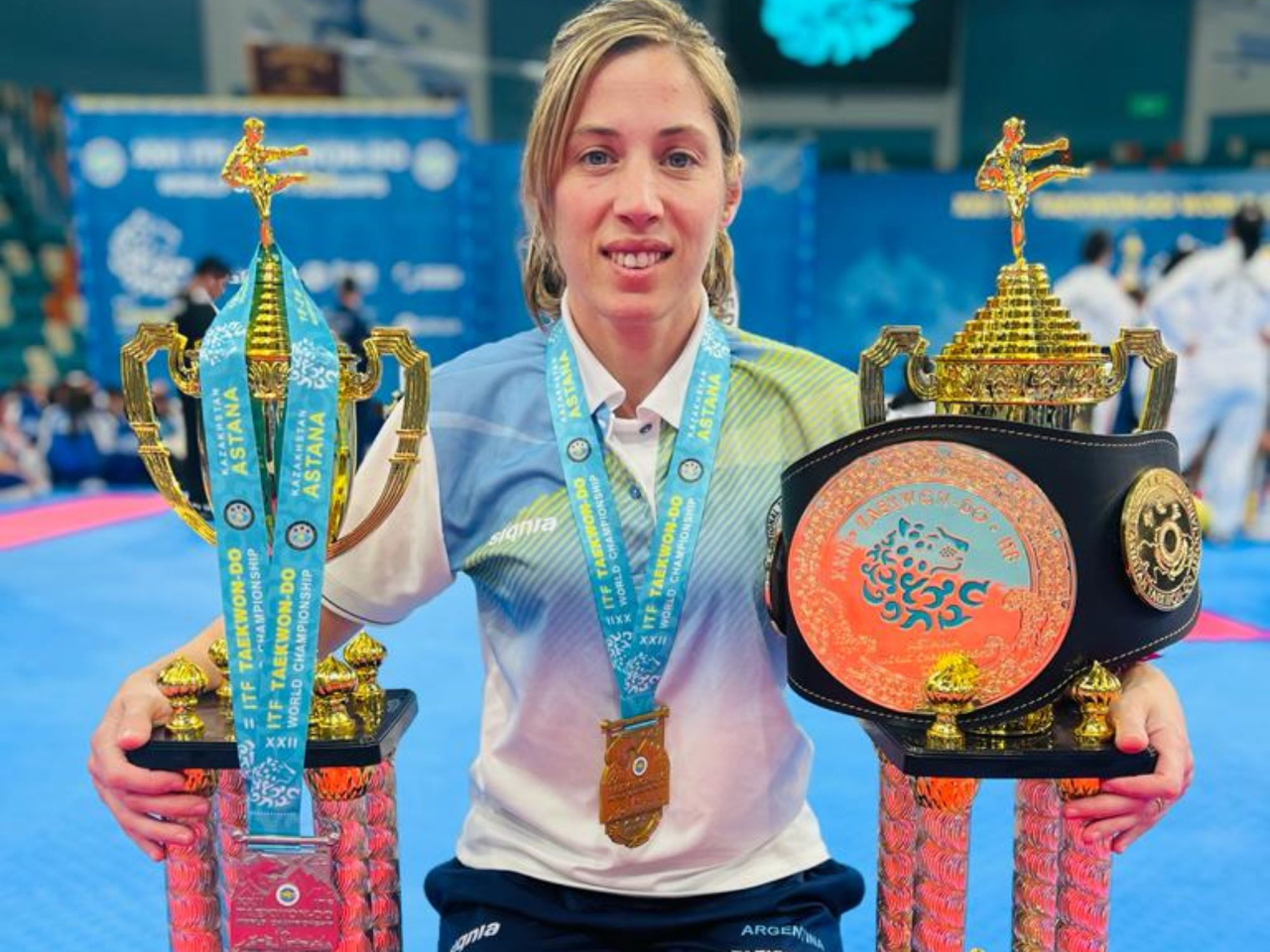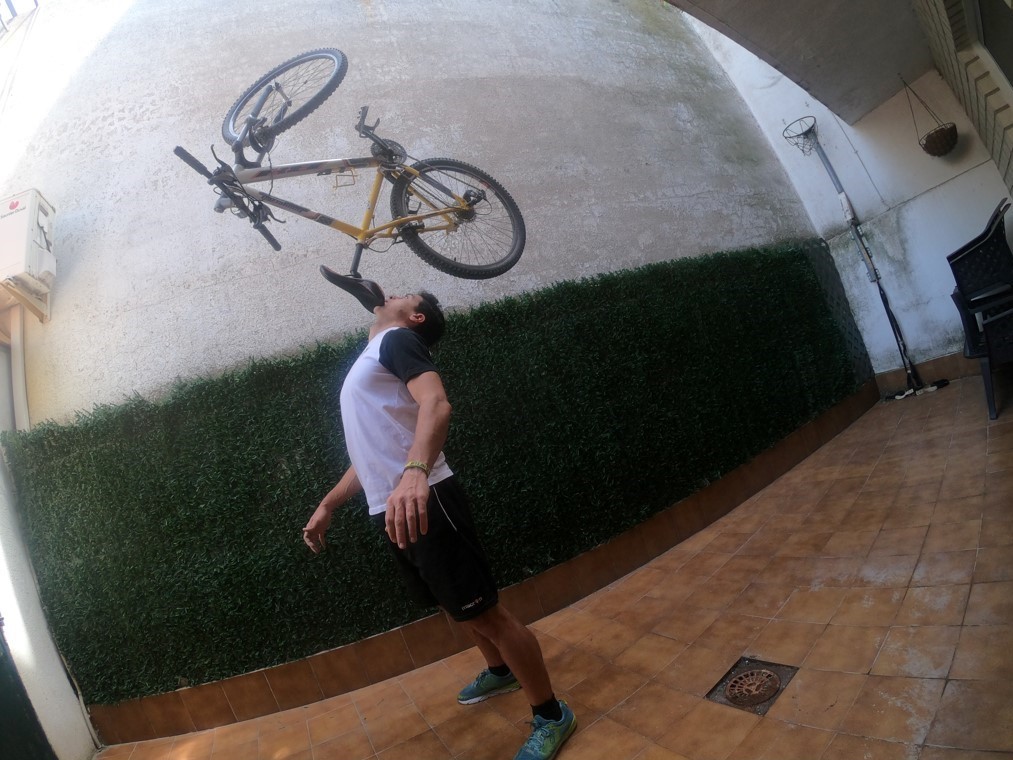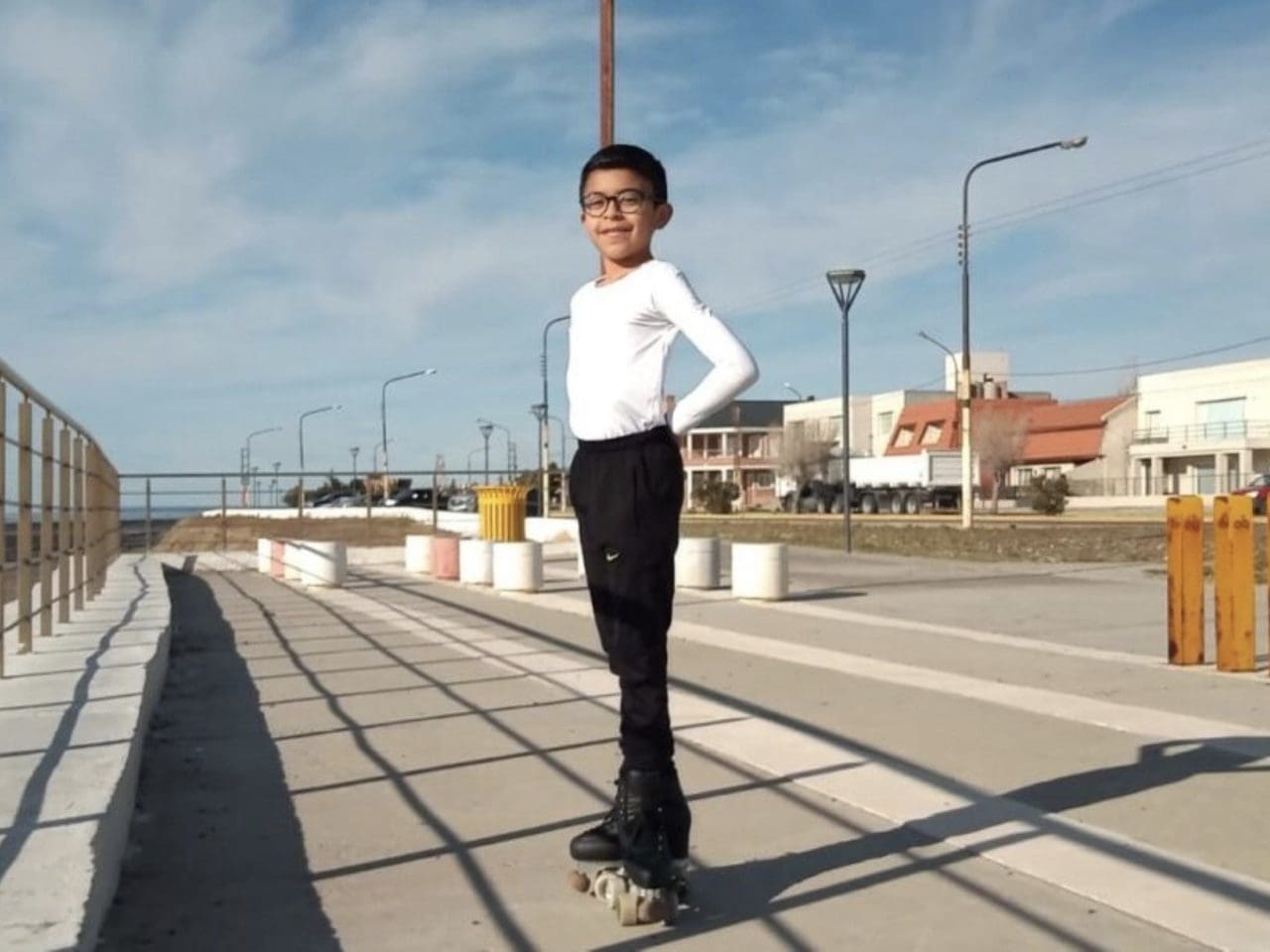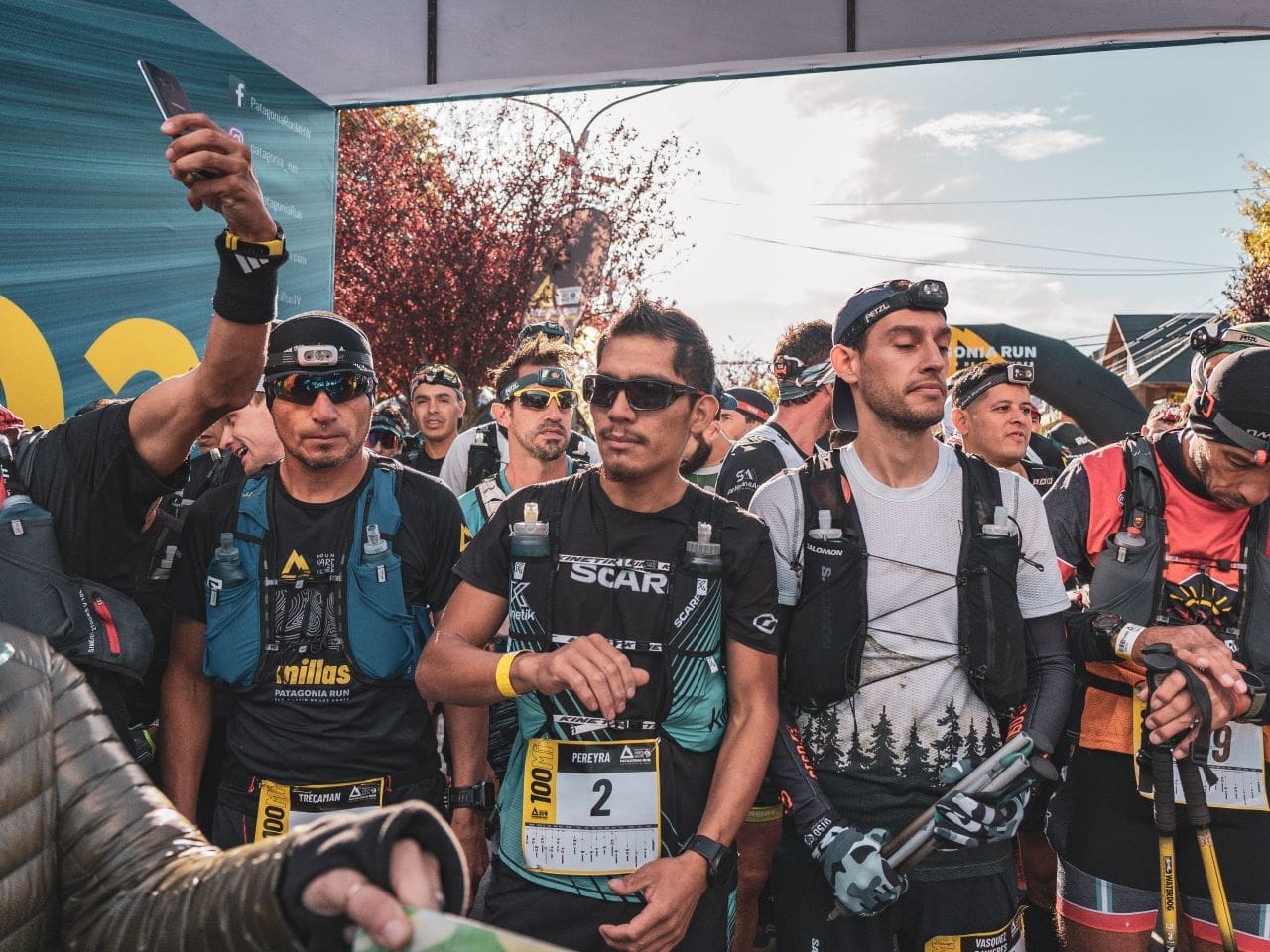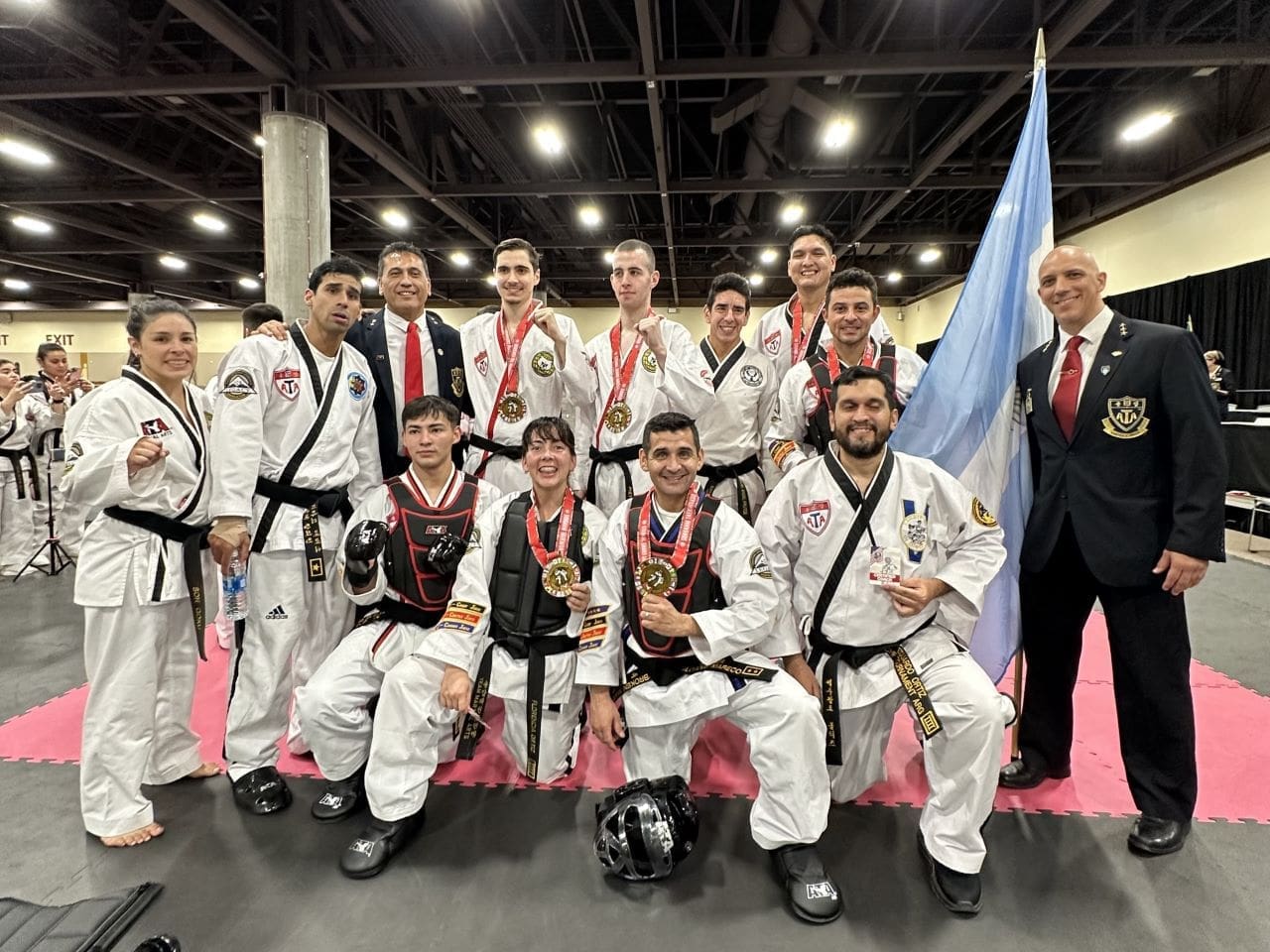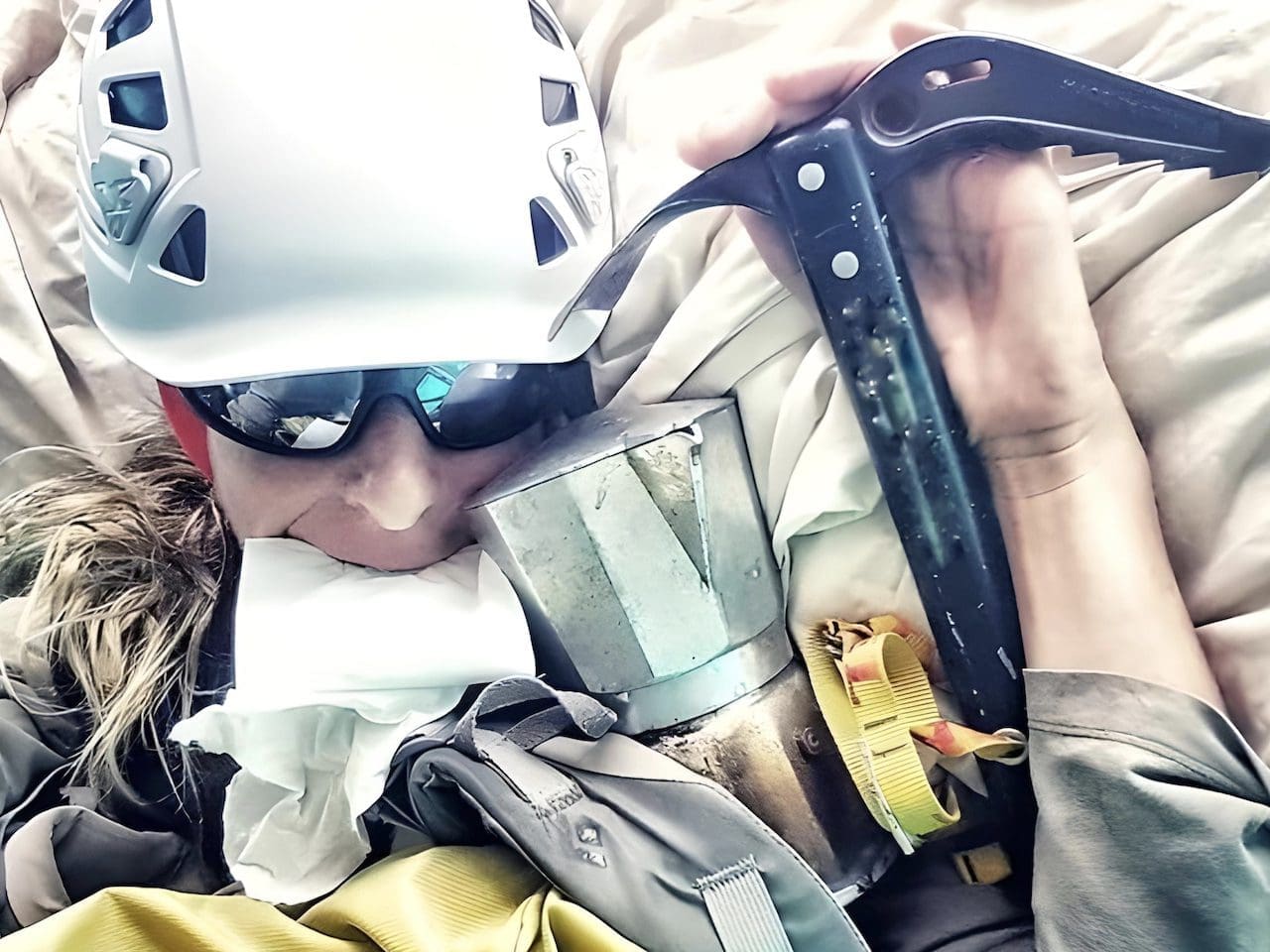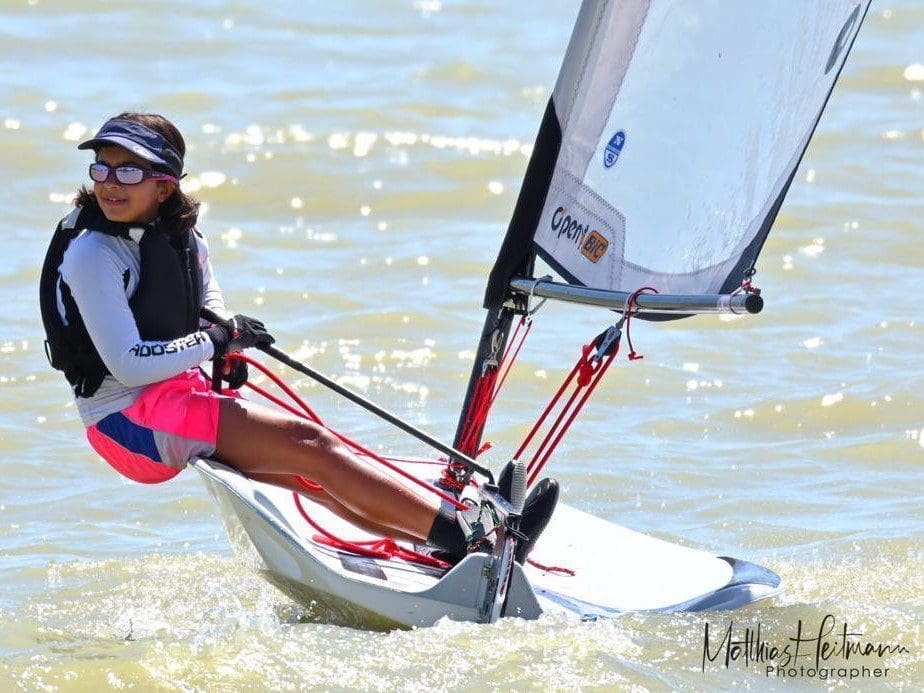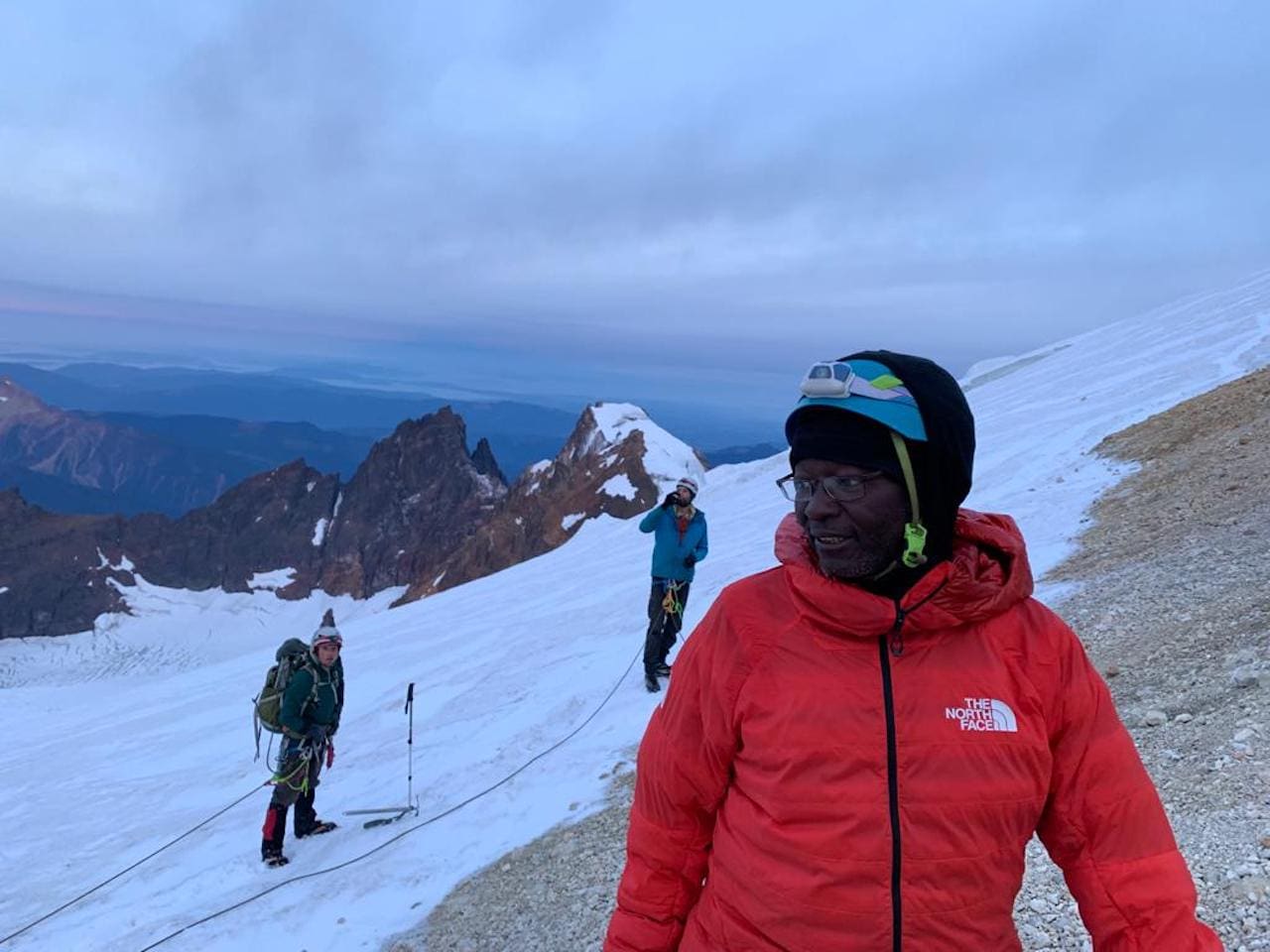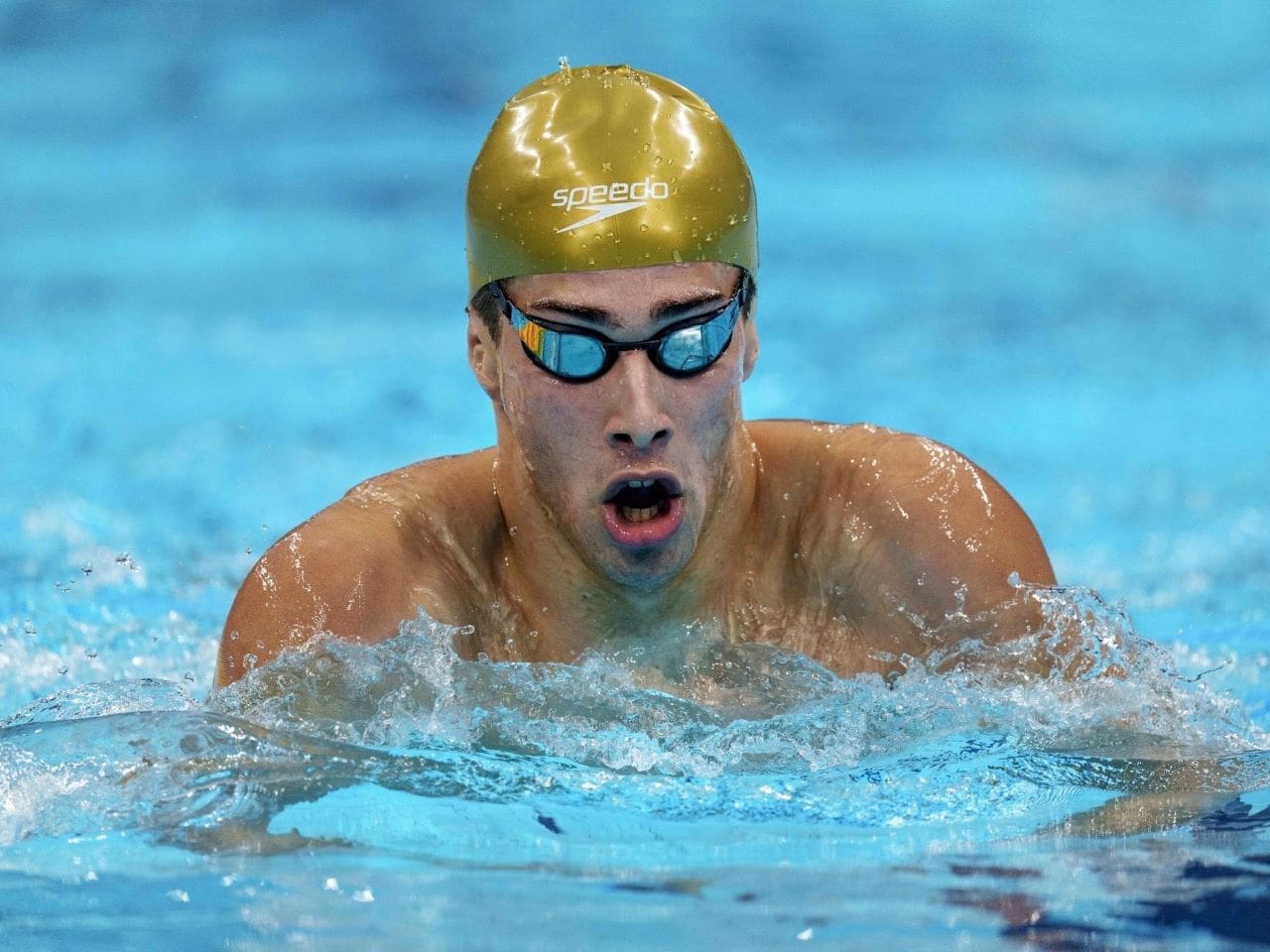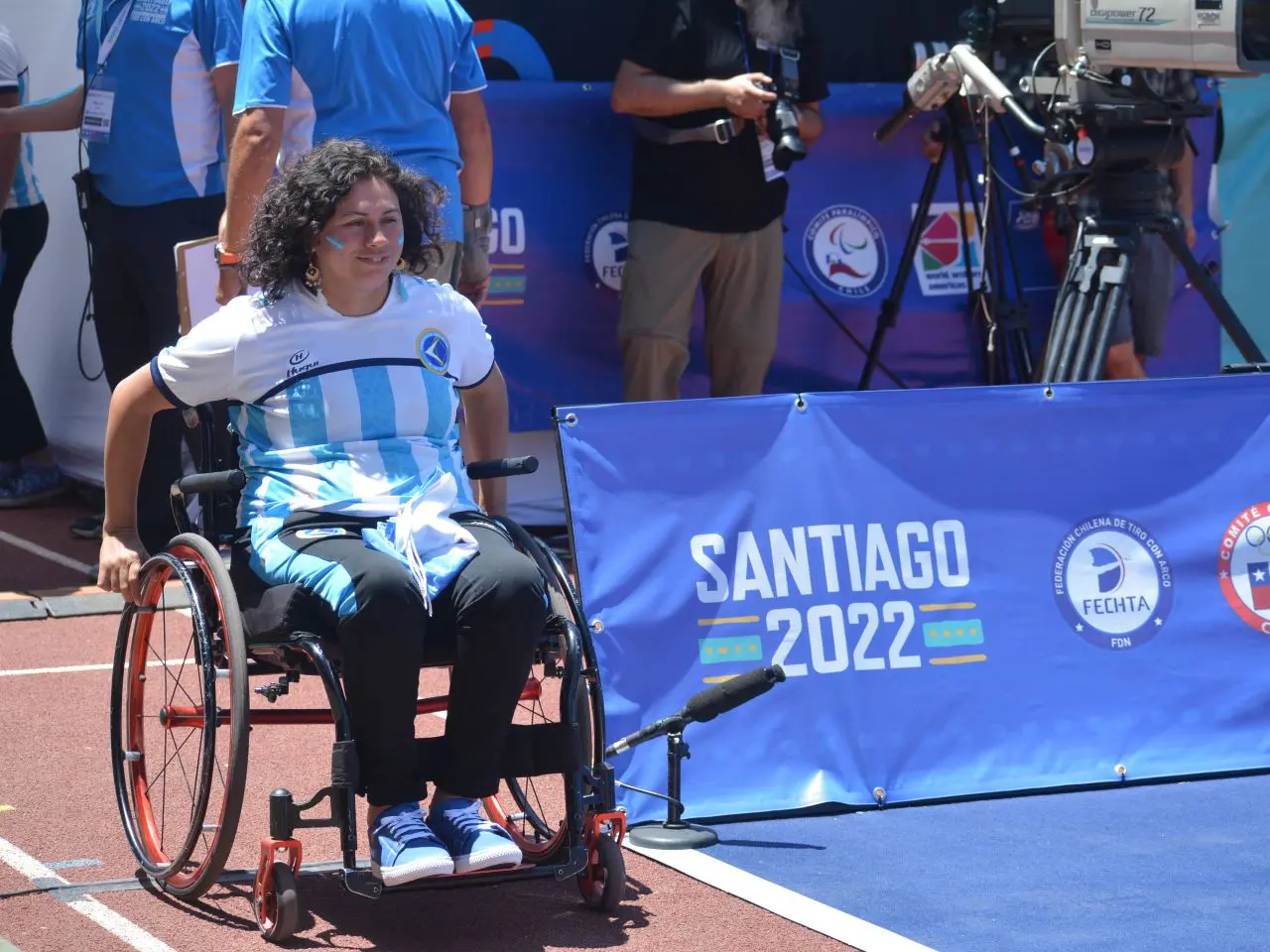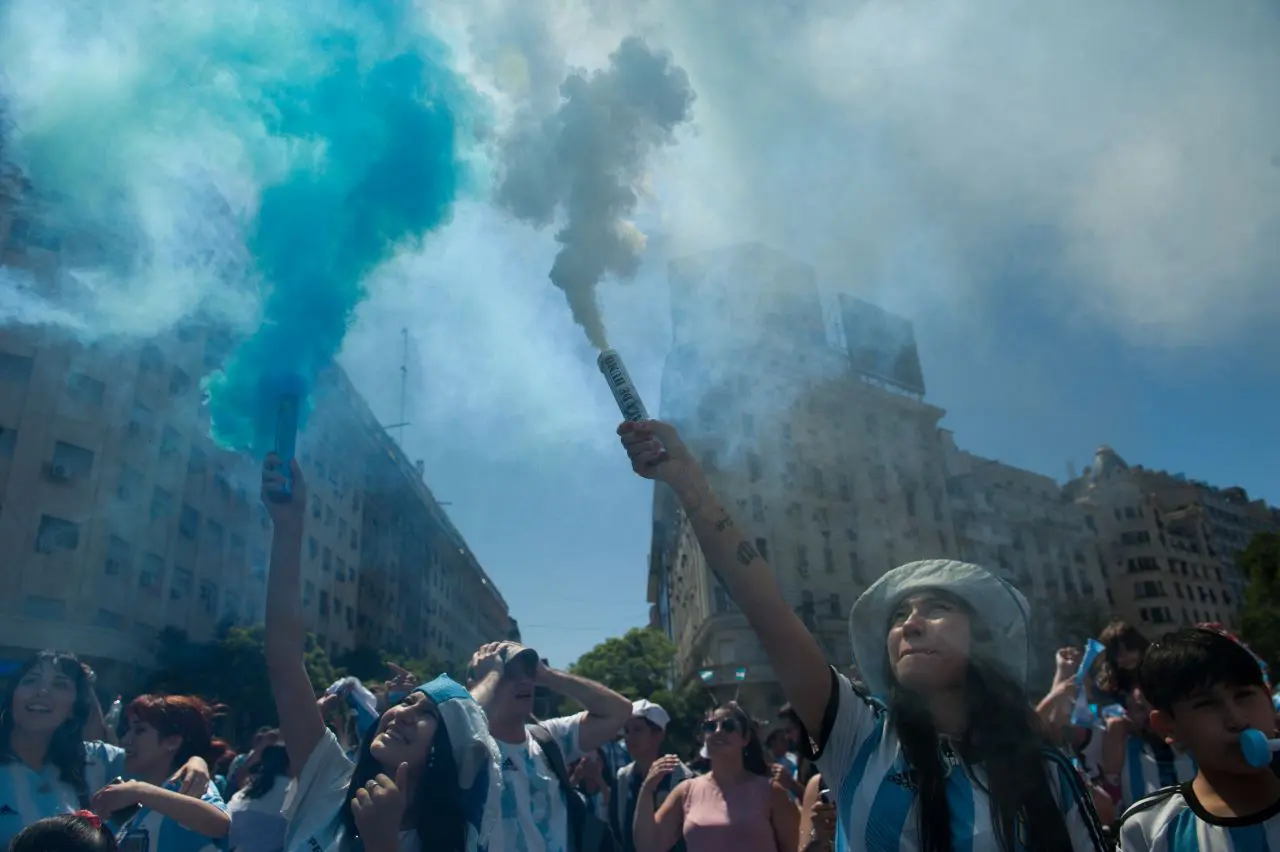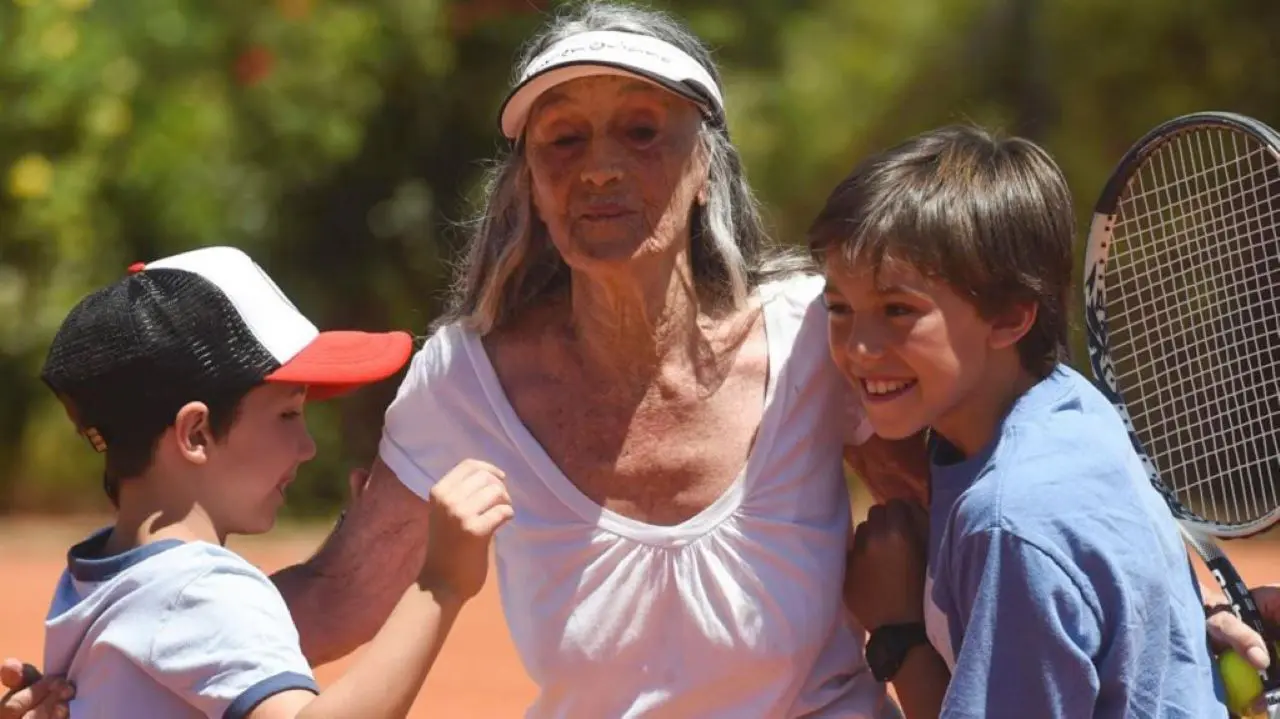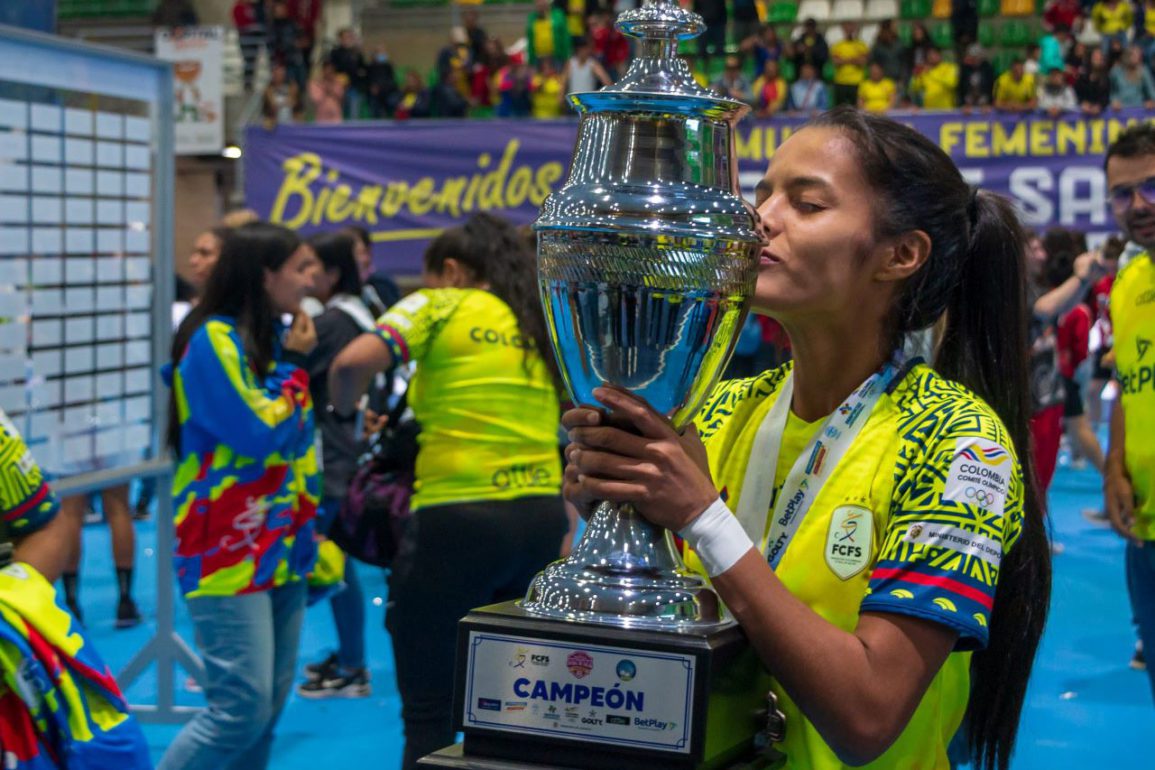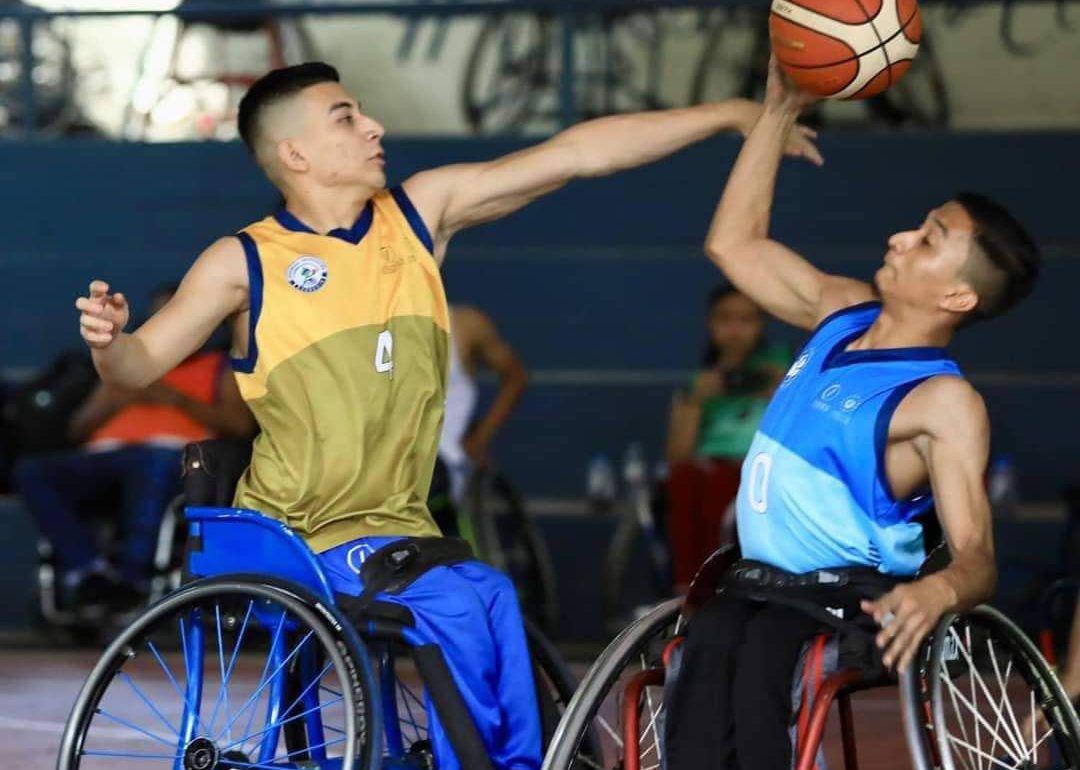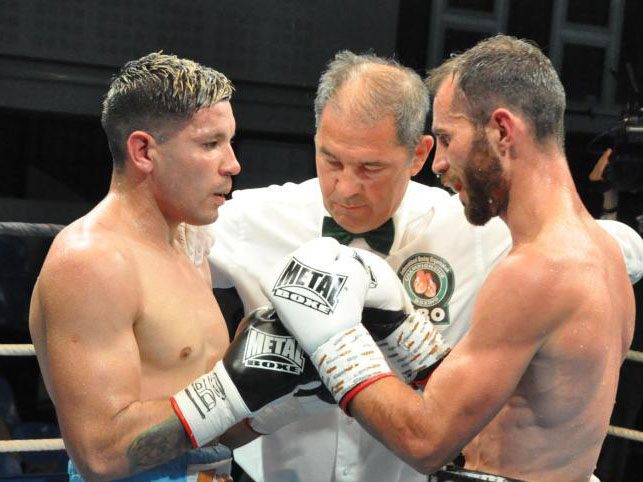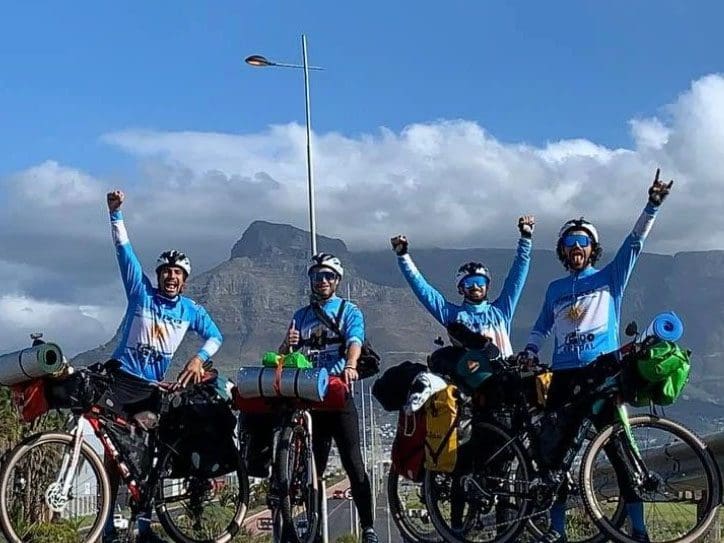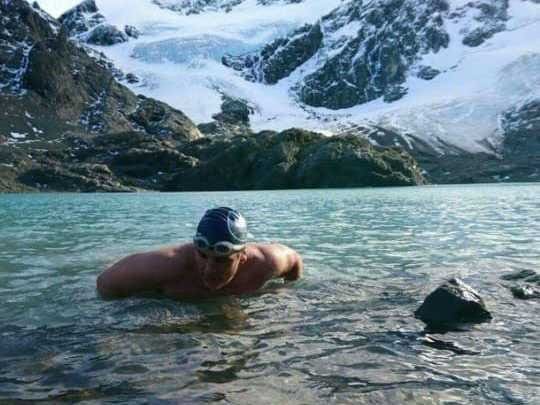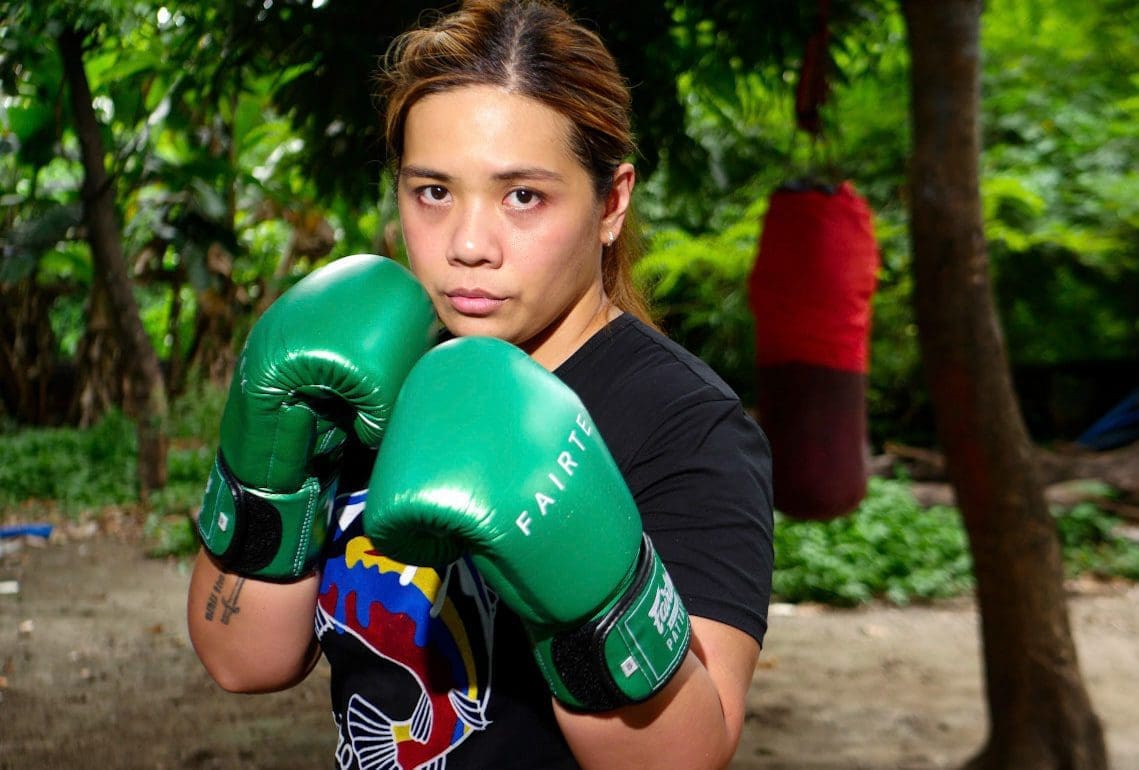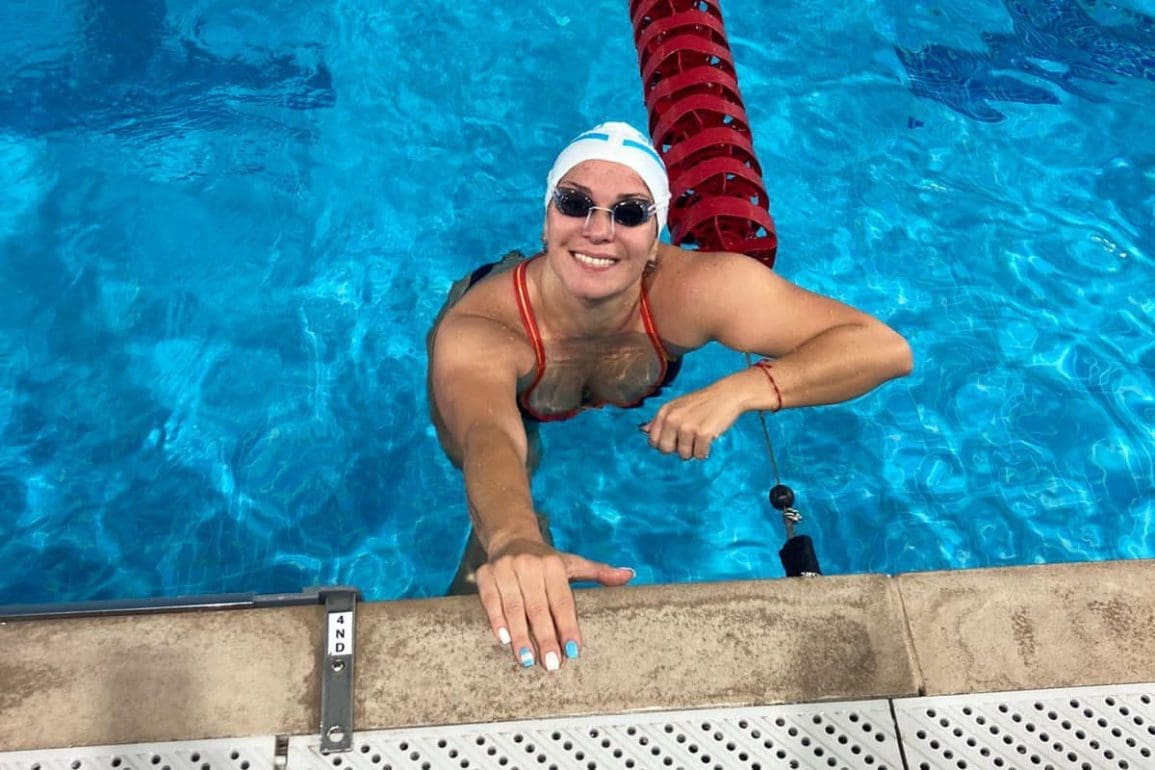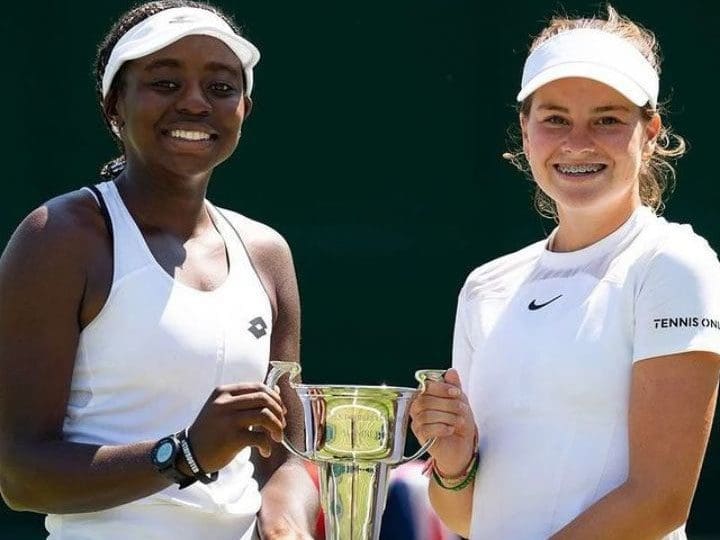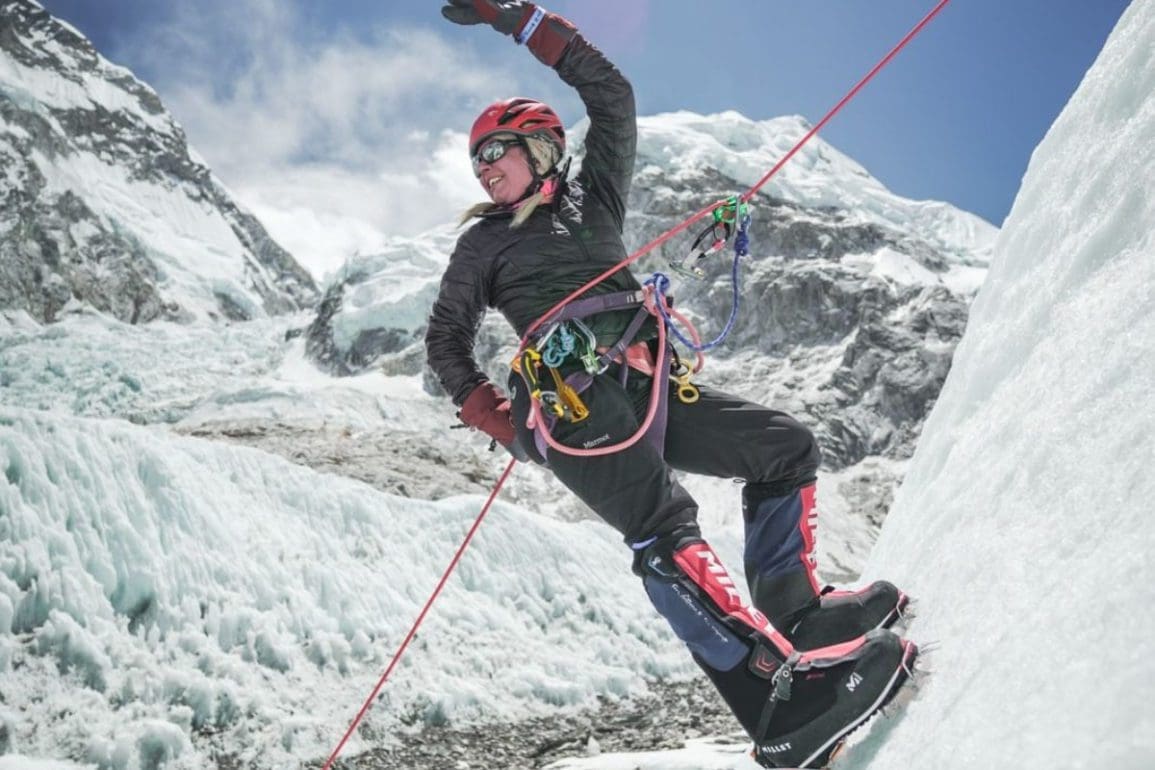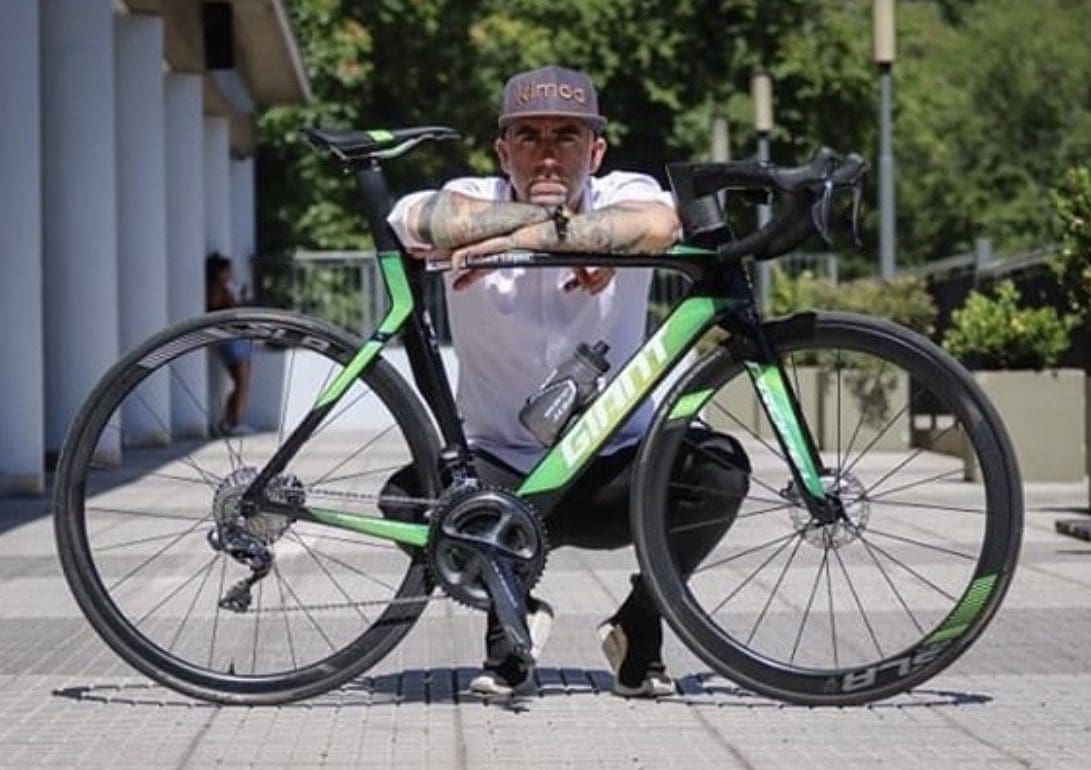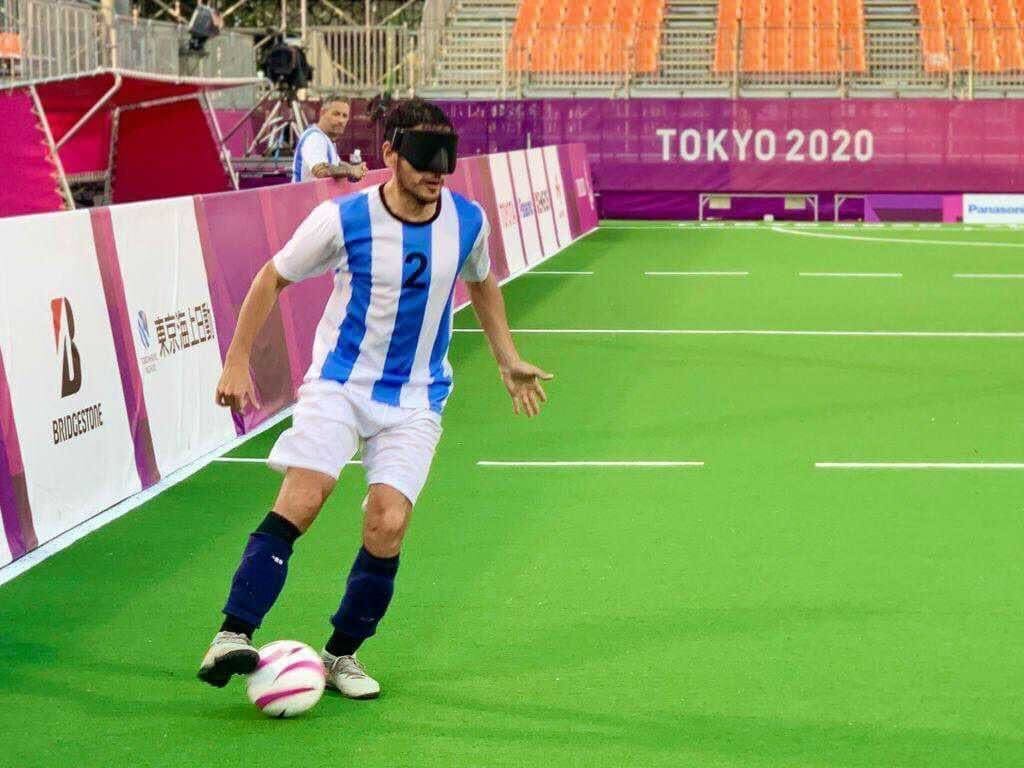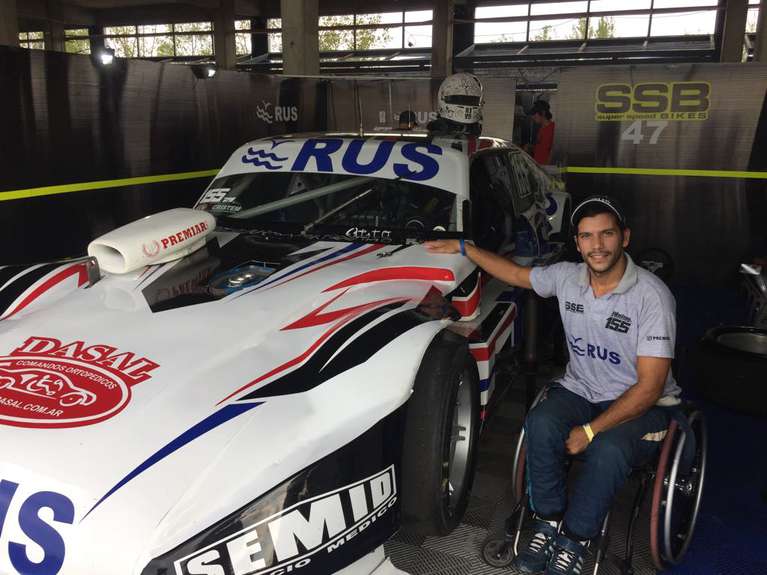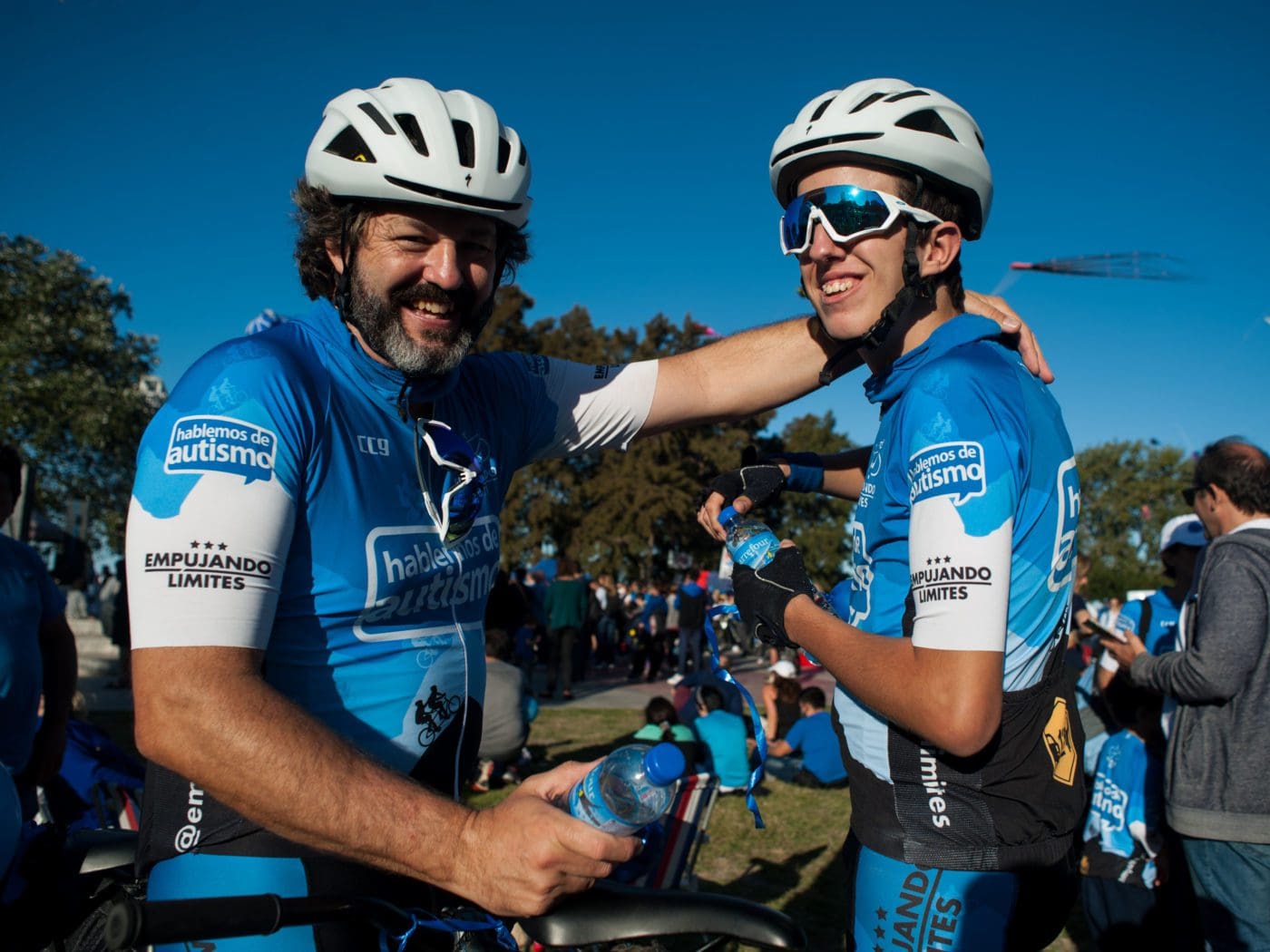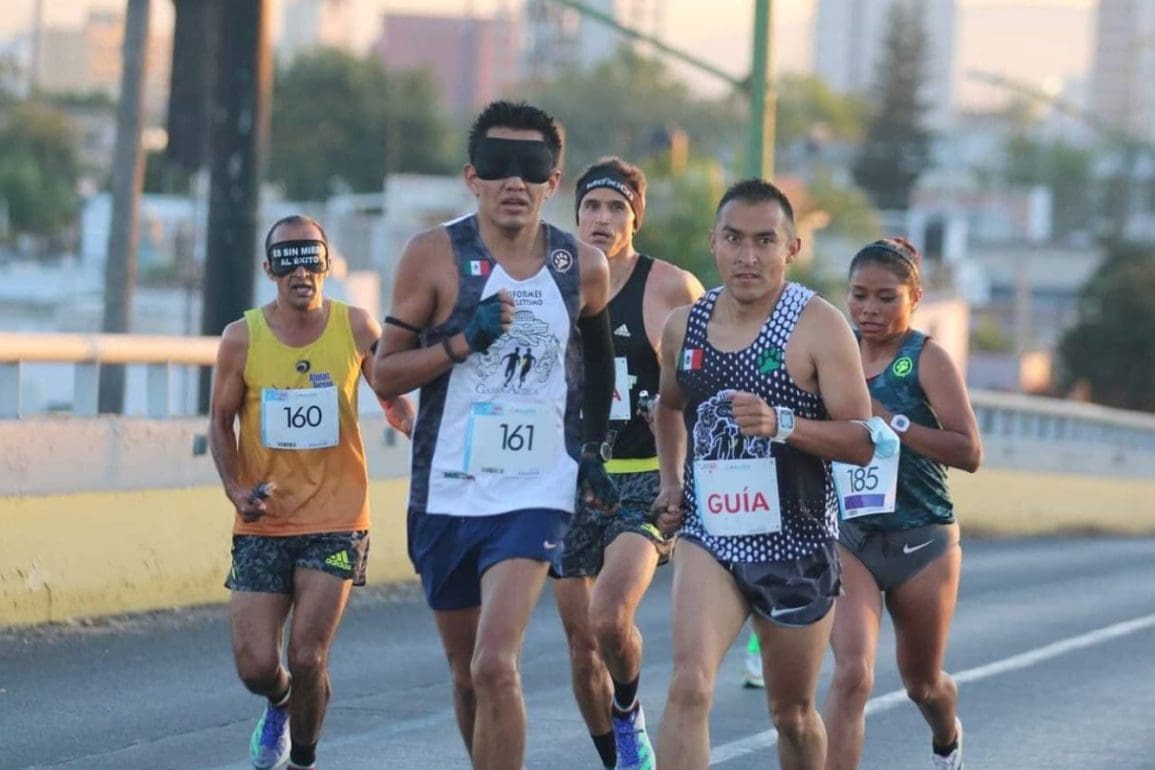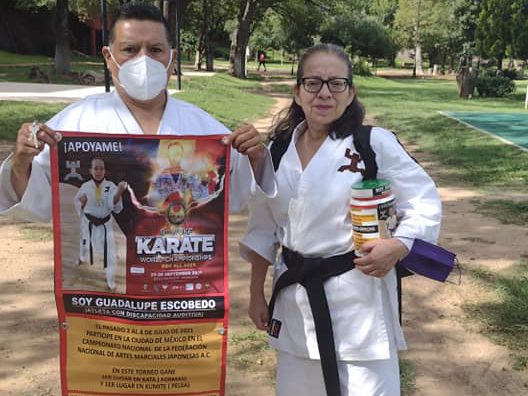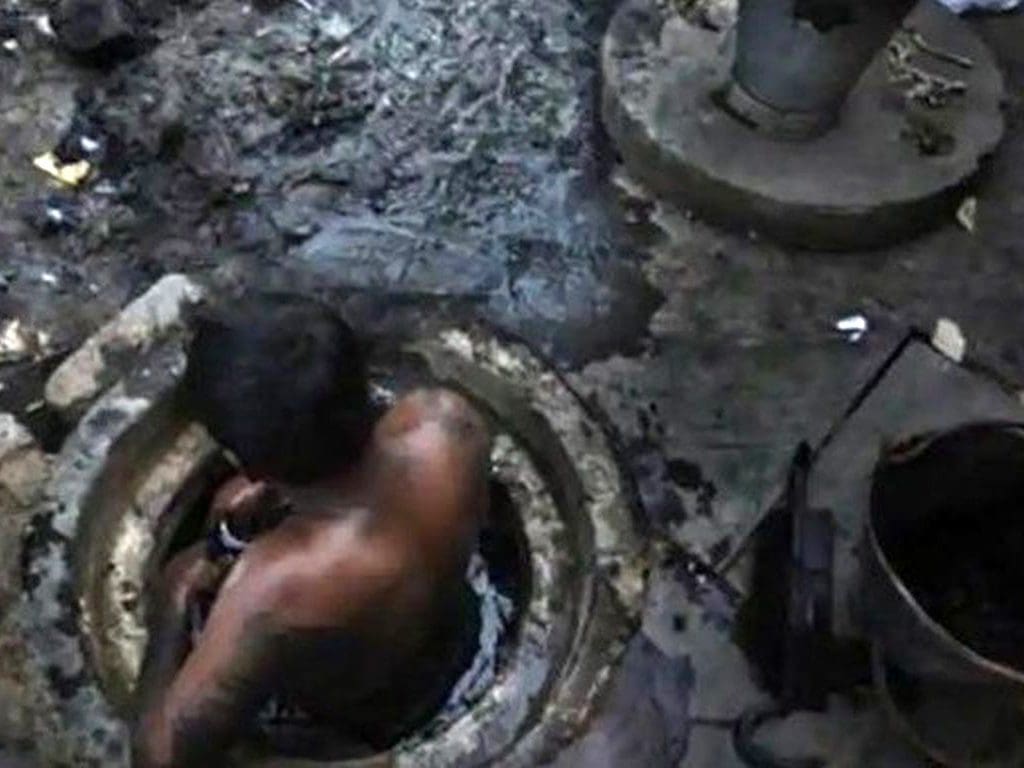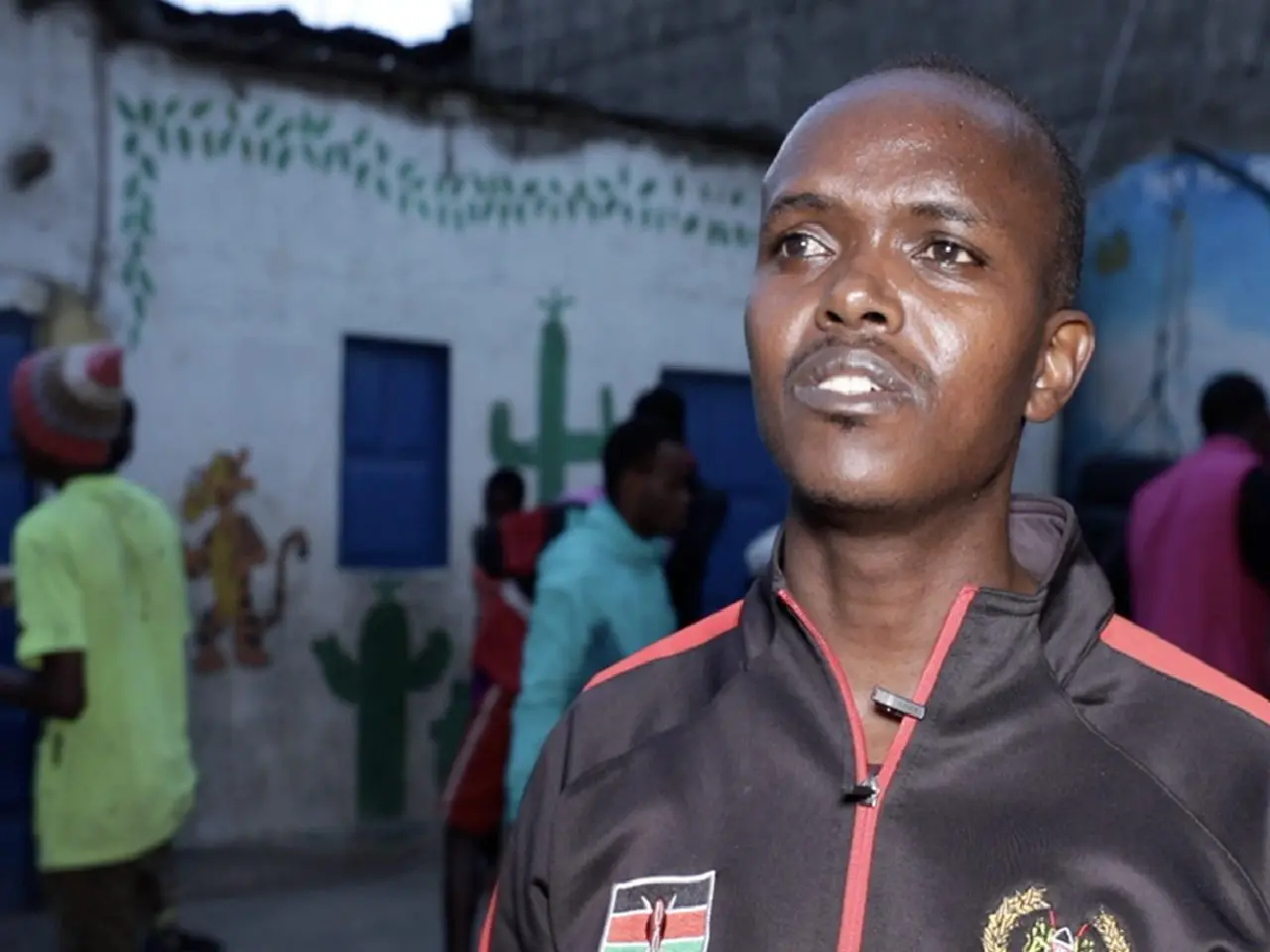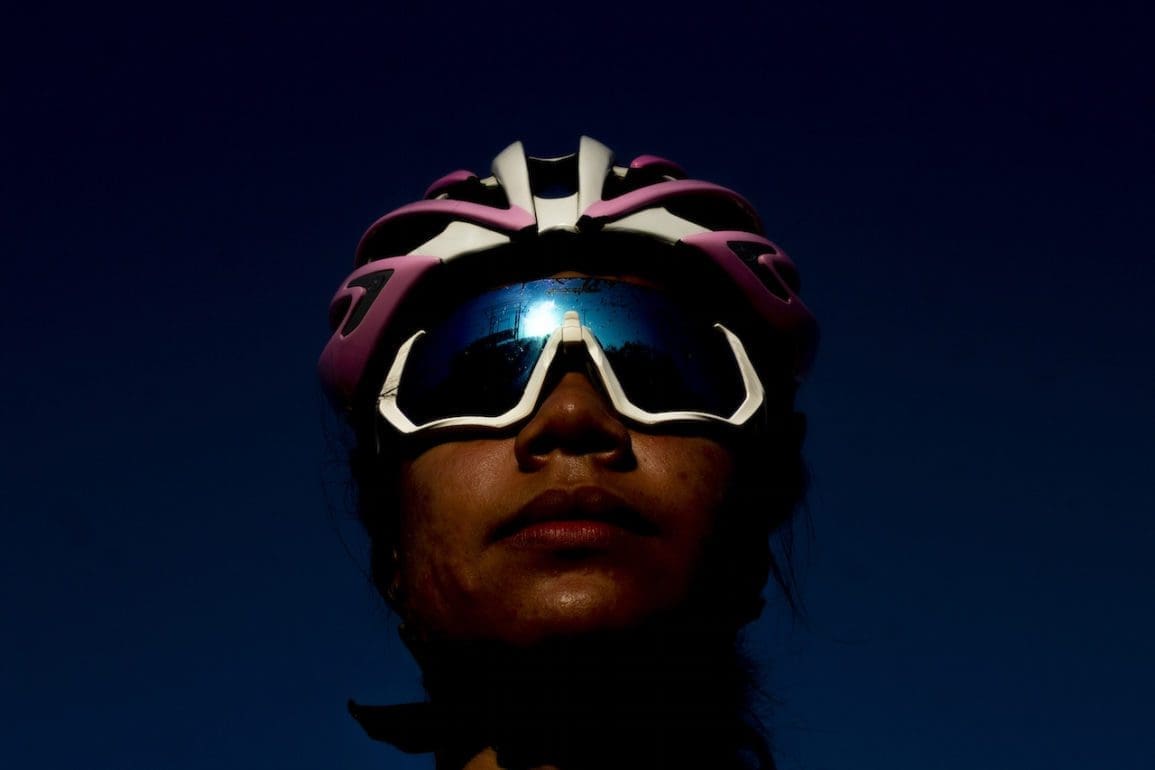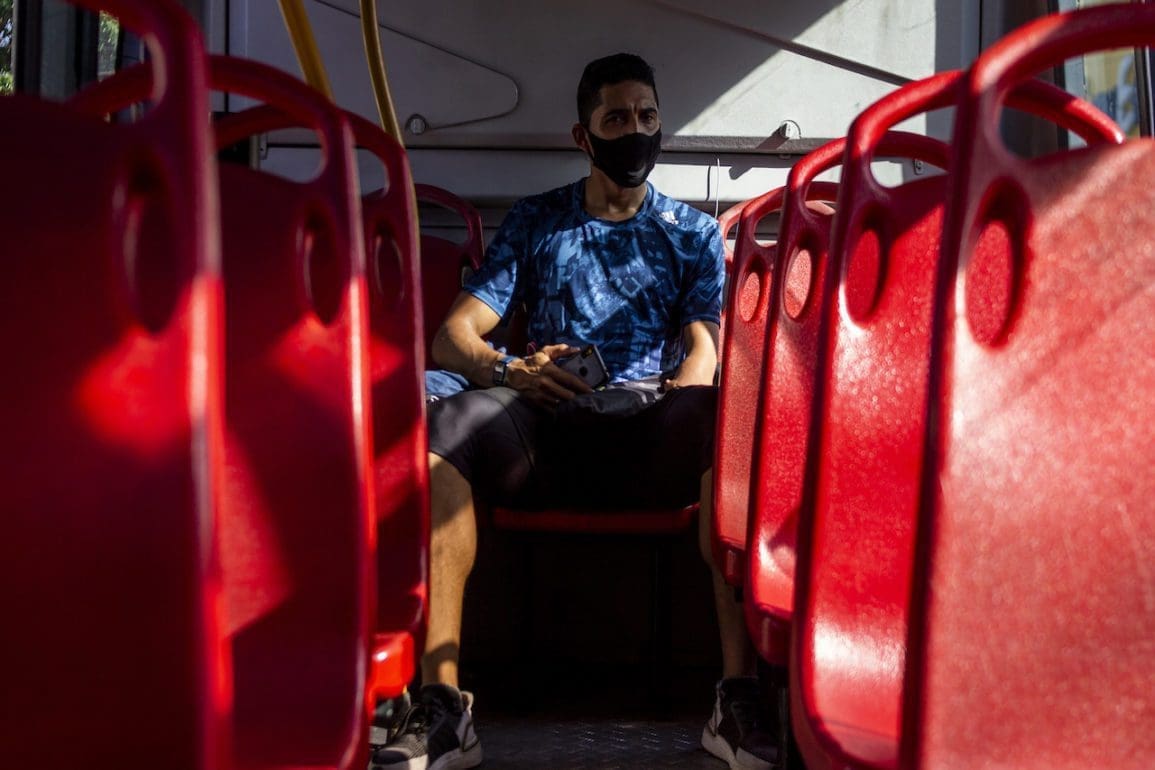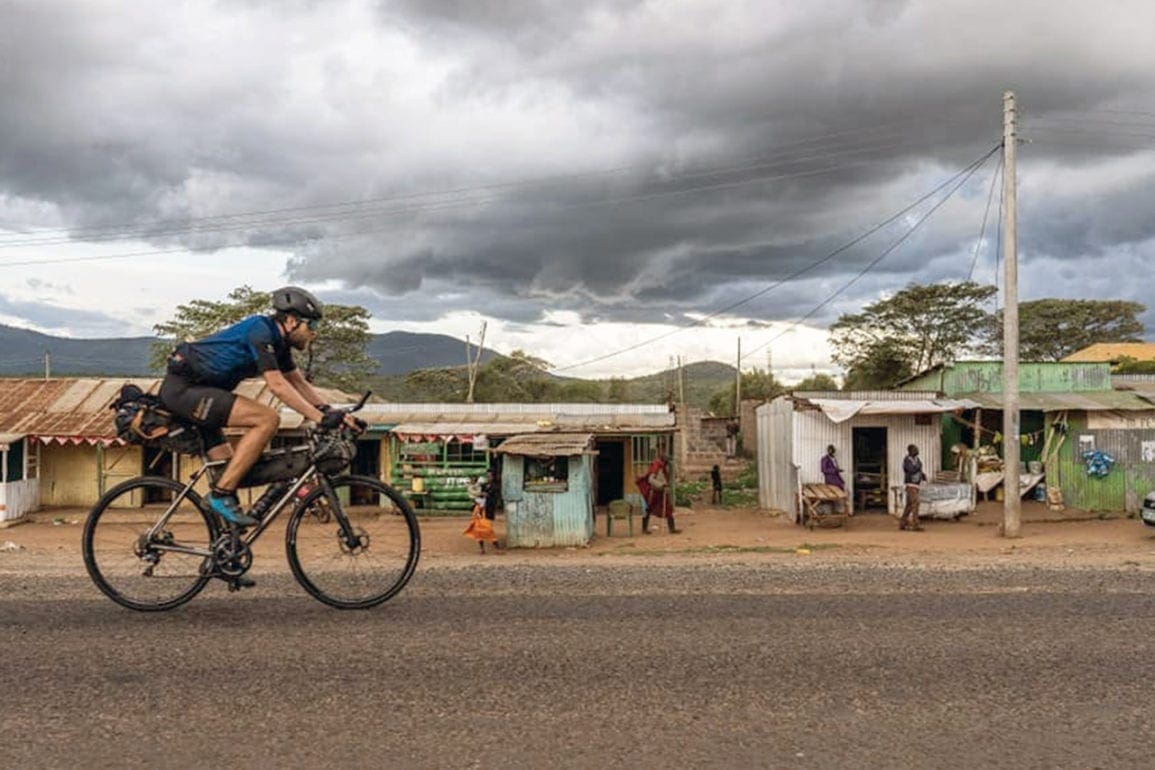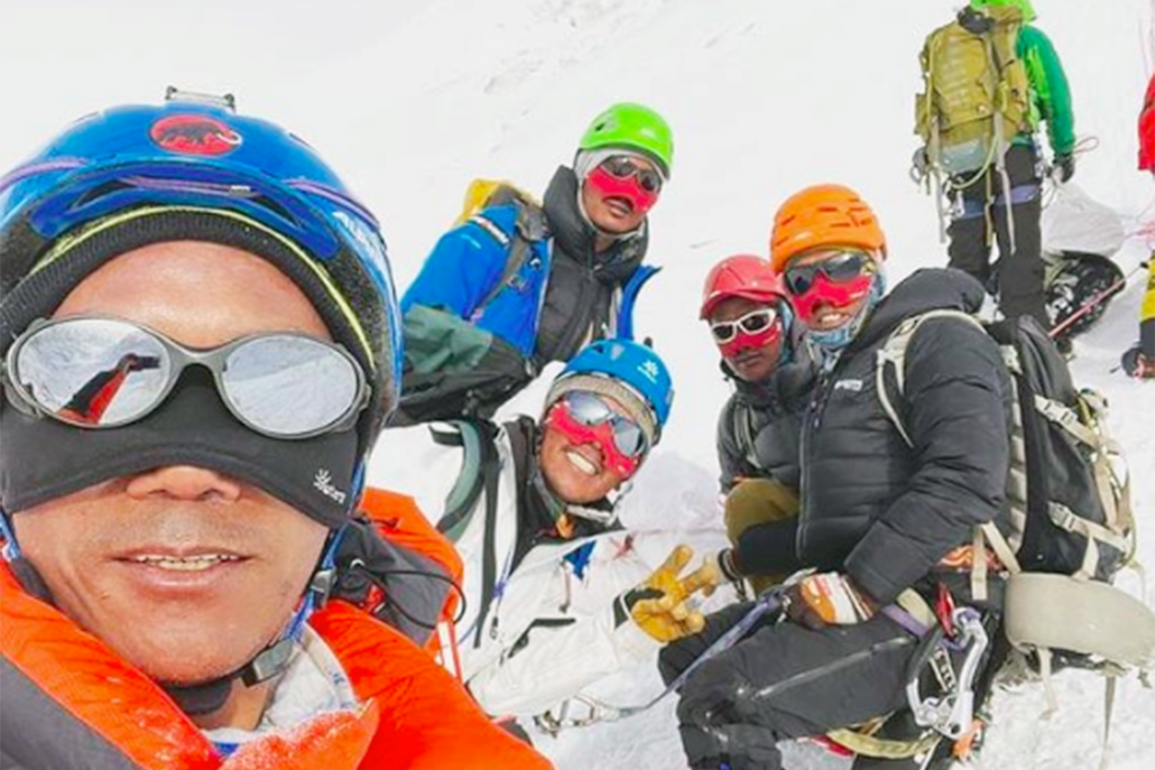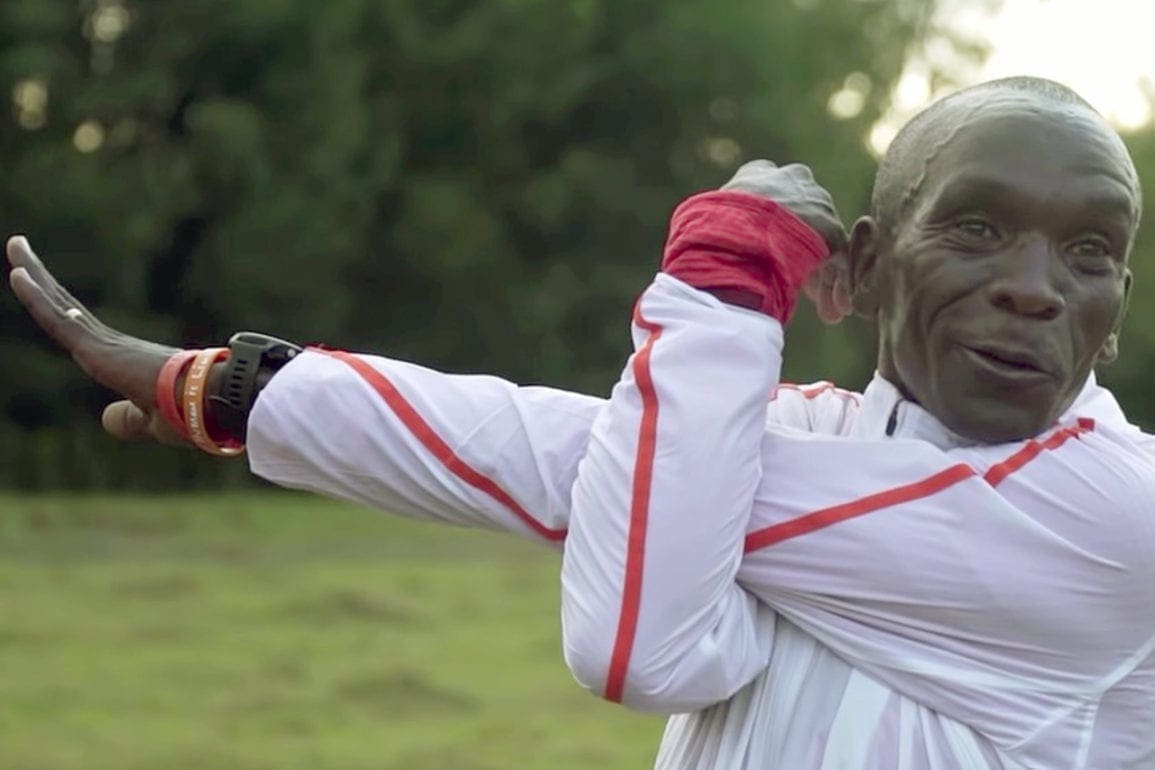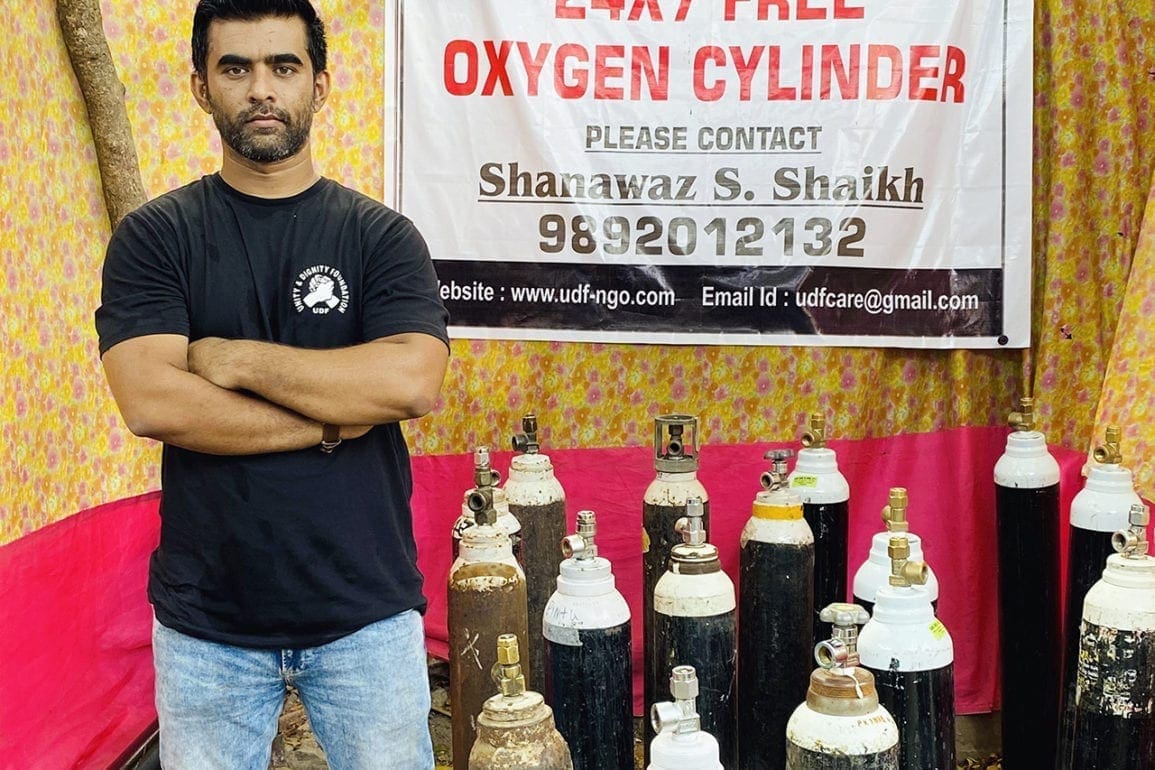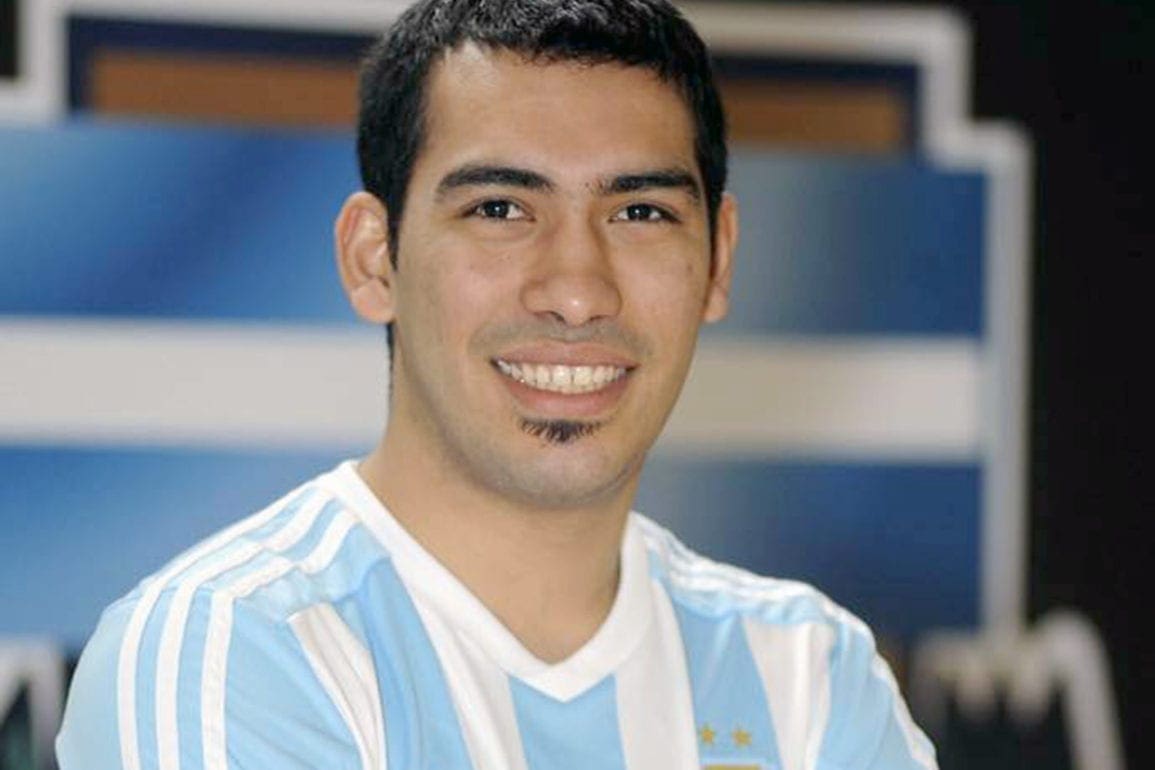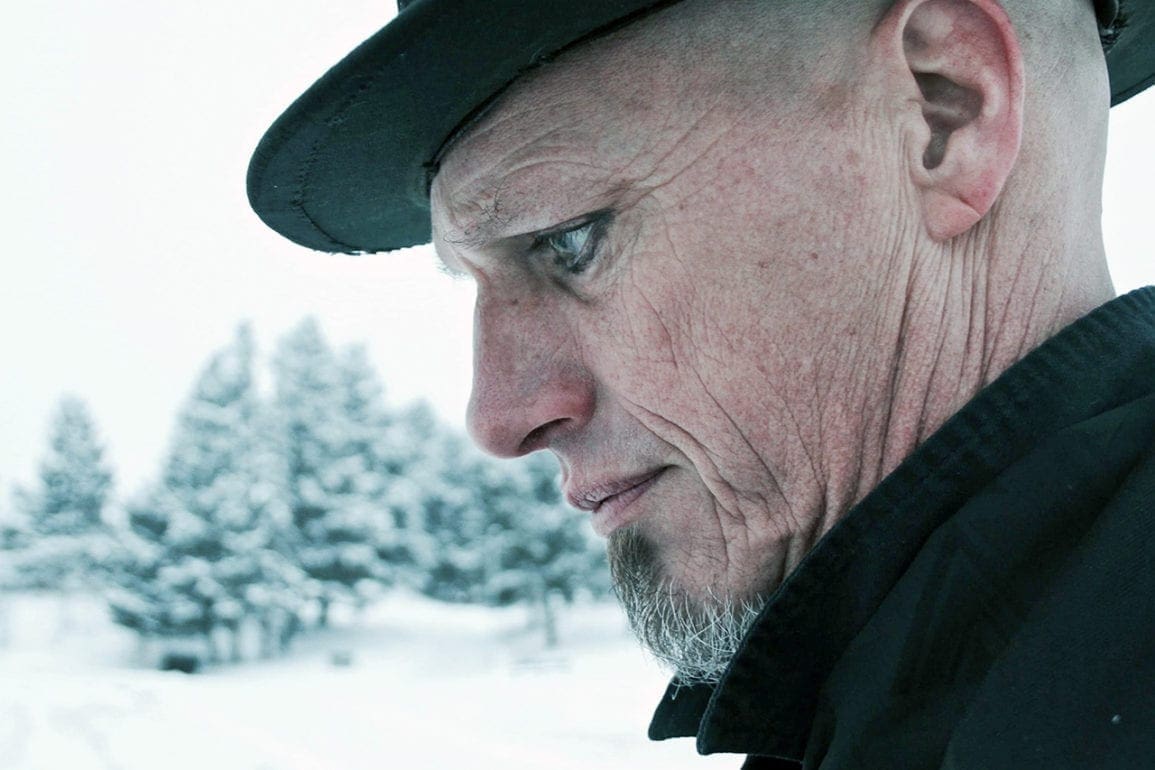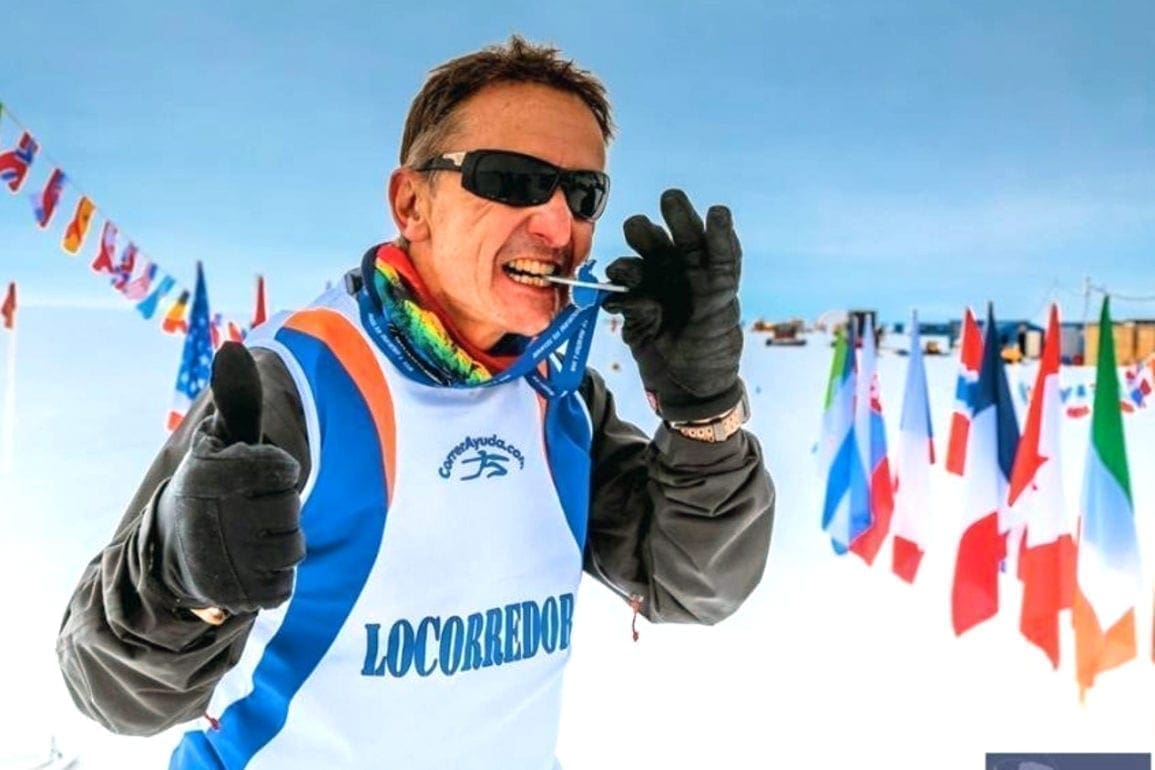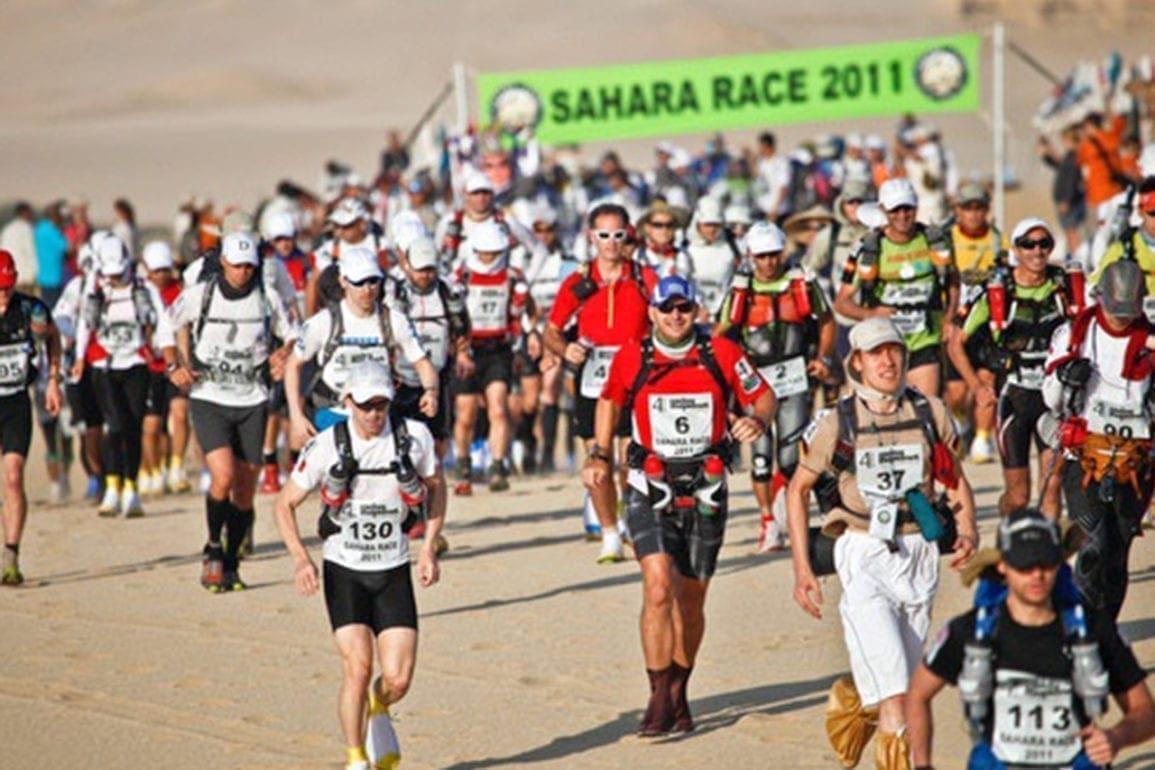Indian javelin thrower makes history at Tokyo Olympics
Standing on top of the podium with the gold medal around my neck and the national flag of India raised above me, goosebumps covered my arms and tears stood in my eyes.
- 4 years ago
October 22, 2021
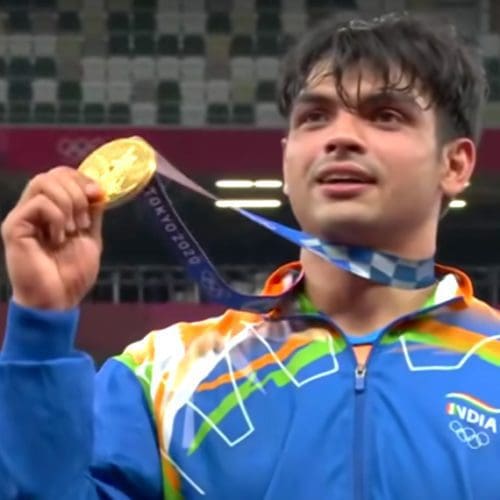
New Delhi, INDIA – At the 2020 Tokyo Olympics (held in summer 2021), I carried the weight of my country’s expectations on my shoulders. No Indian had ever won an Olympic gold medal in athletics (track and field, road running, and racewalking events).
Sleep had been elusive since arriving in Tokyo; the night before the final, I finally drifted off at midnight and woke at 5 a.m. I knew it was the biggest day of my sporting career. Thoughts about the Olympic stadium, the unfamiliar surroundings, my performance, and my fitness raced through my mind.
Stepping up to the Olympic spotlight
Finally, it was time to compete. Only a handful of officials and coaches were present at the stadium thanks to the COVID-19 pandemic. However, millions of people back home eagerly watched and waited to hear the Indian national anthem play at the games and for those three important words: athletics, gold, India.
Thoughts of a gold medal swirled through my mind. With my javelin in my hand, I stood at the runway and focused on the throw.
Years of strength training, technical improvement, and mental focus had led to consistency in my distance. I was confident I would nail a near-perfect throw and win the prize.
For a moment, I thought back to my qualifier round. I threw a distance of 86.65 meters on my first attempt: 3.15 meters above the qualifying mark. My first throw now would be critical. If I made an excellent throw, my competitors would feel the pressure.
The javelin left my hand, and I thought it touched the 82-meter mark. Emotions overwhelmed me when I saw it reached 86.48 meters.
I stepped up for my second throw. With the Olympic record of 90.57 meters on my mind, I threw with all my power and speed.
When I throw, I immediately know how well or badly I have done, from the way my effort, rhythm and technique come together in the release of the javelin. The moment it left my hand this time, I knew I won the gold.
I threw 87.58 meters. Though it did not reach my personal best of 88.06 meters, I had achieved my greatest dream.
I didn’t look at the javelin even once after that throw—I turned around immediately and began celebrating.
A winding journey to Tokyo victory
Standing on top of the podium with the gold medal around my neck and the national flag of India raised above me, goosebumps covered my arms and tears stood in my eyes.
The moment seemed surreal – it was my first Olympic medal and India’s first gold in athletics. No longer did javelin throwers stand in the shadows of other Indian gold medalists in hockey and shooting.
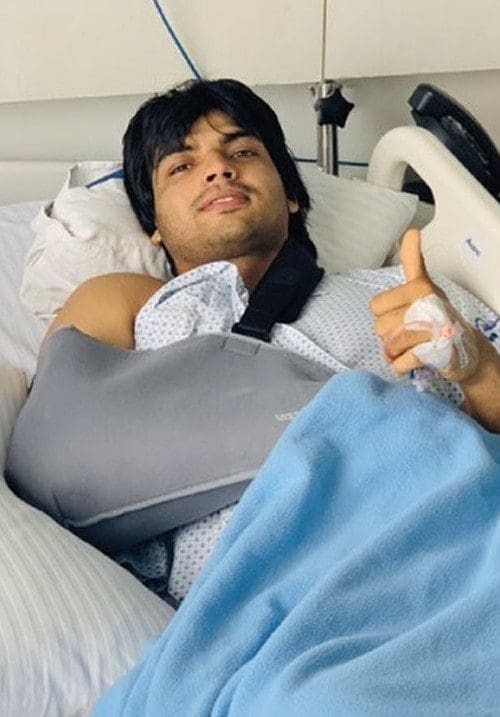
They pronounced me the best in the world. It took me a while to realize what I was holding in my hand. When a reporter asked me, ‘How does it feel?’ I told her, ‘I don’t know yet, I haven’t figured that out!’
The moment brought to mind my humble beginnings, growing up in a farming family. Instead of updating our family home, my parents channeled their modest resources into fulfilling my dream.
I sacrificed too, traveling many miles to practice, standing in the glaring sun for hours awaiting the bus. When I had no money for the return fare, I walked or asked strangers for rides. I eventually left home as a teen to train at an athletics facility located hours away from my family.
Everything I had worked for seemed at risk in April 2019, when I suffered a major injury to my right elbow. I endured excruciating pain and lost my strength, joint movement and ability to throw. Surgery, rehabilitation and training followed, only for the pandemic to strike in 2020 and again throw my path to the Olympics into uncertainty.
Yet there I stood in Tokyo, the Indian national anthem playing over the loudspeakers. I will cherish that moment forever.

